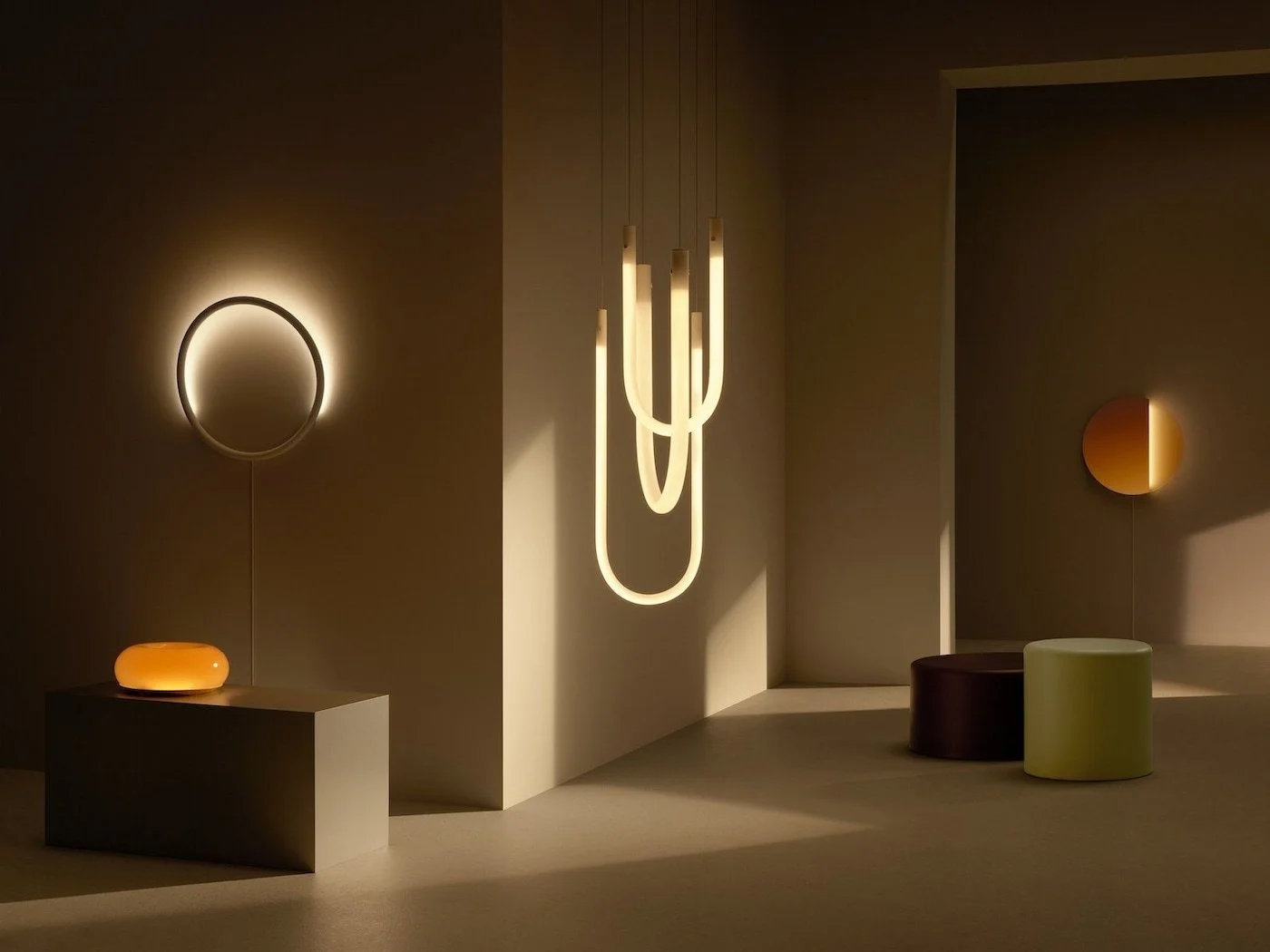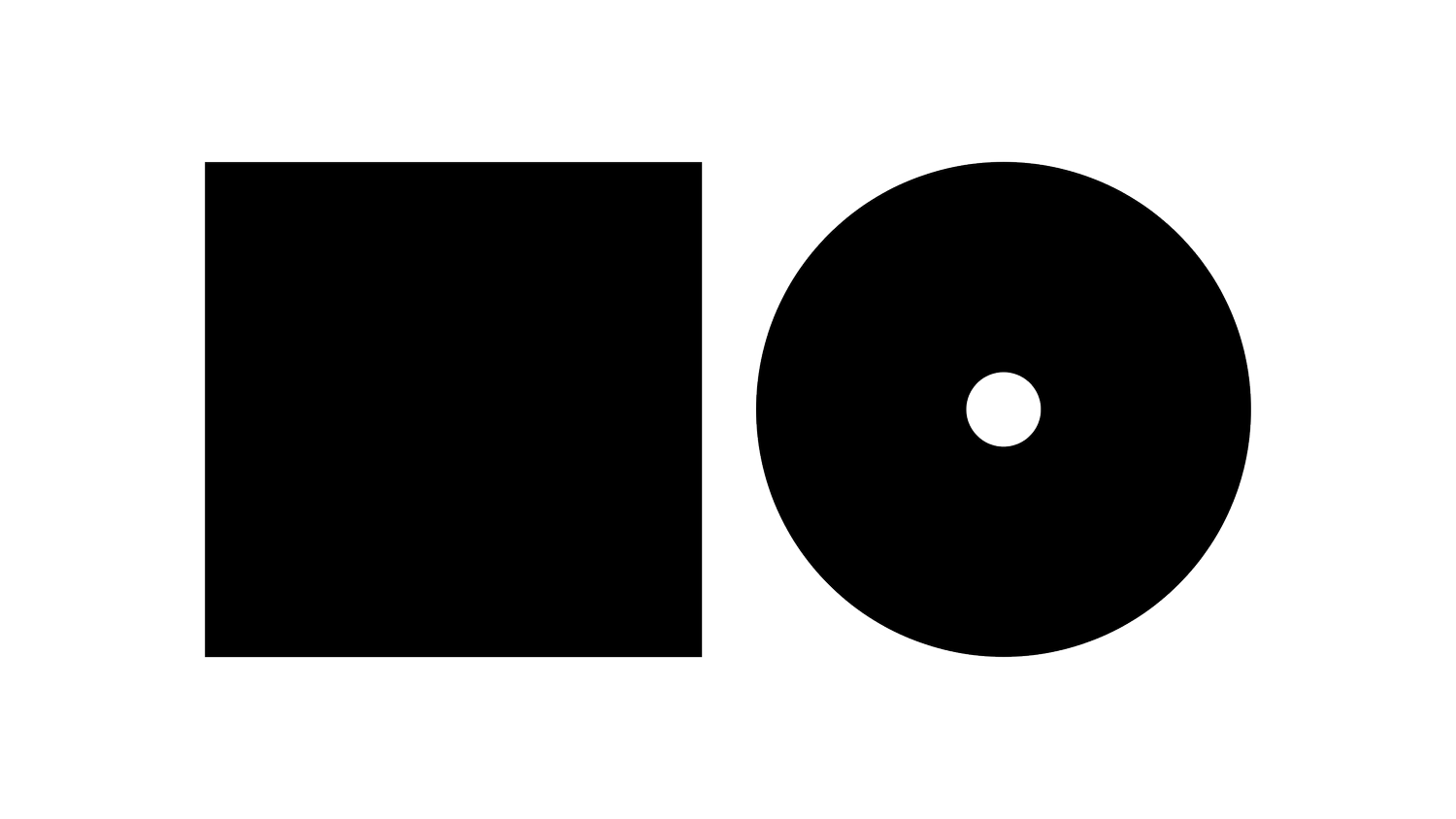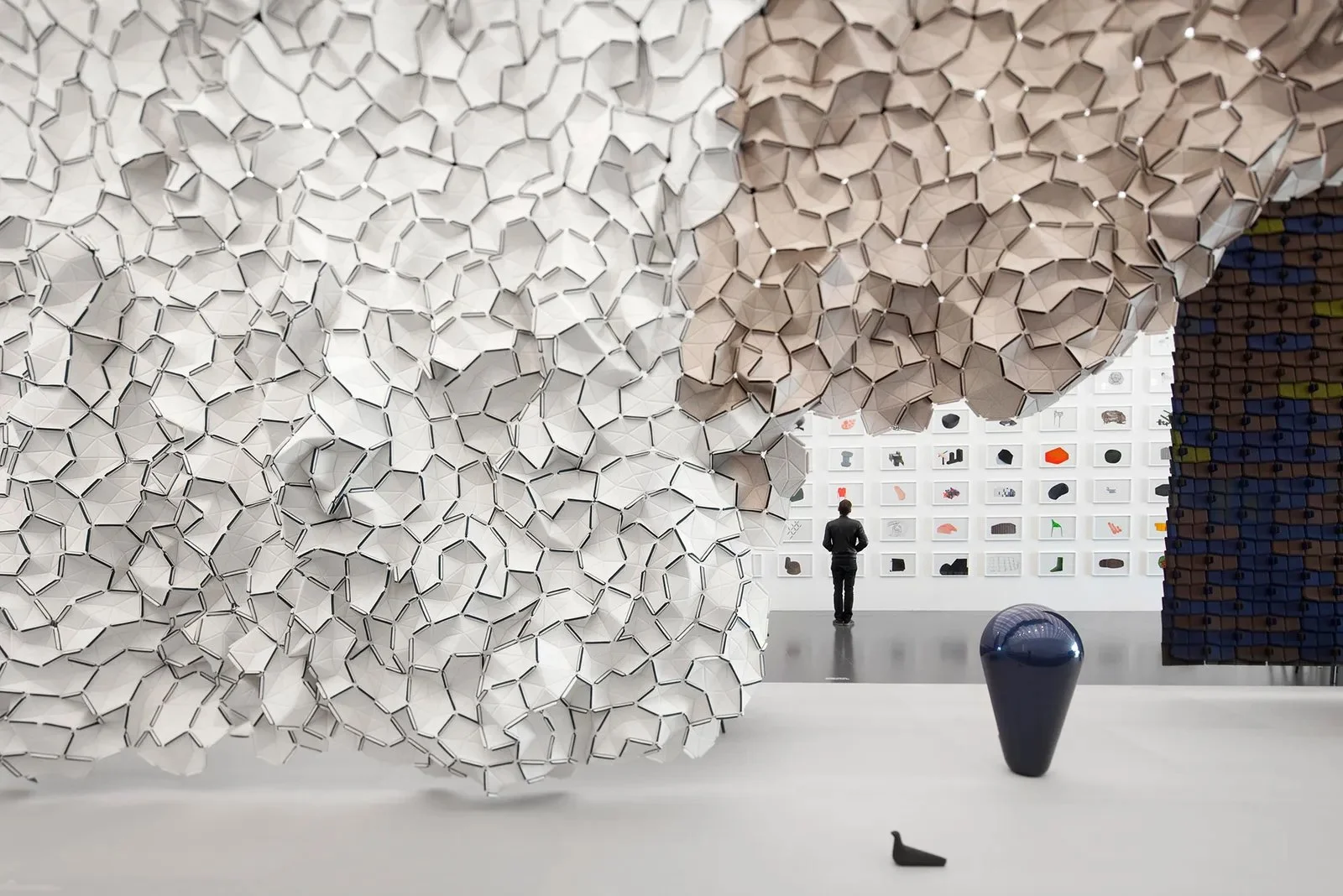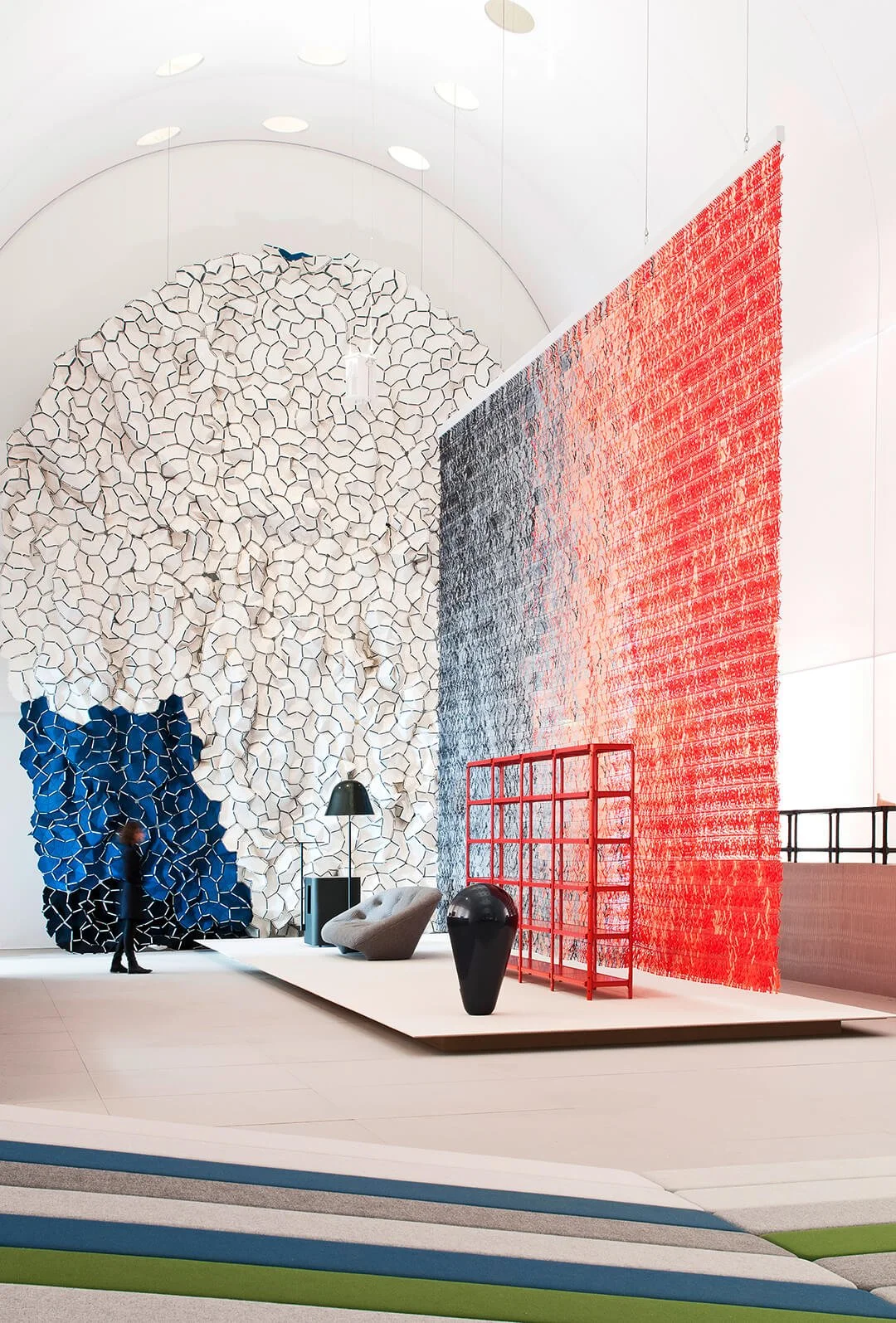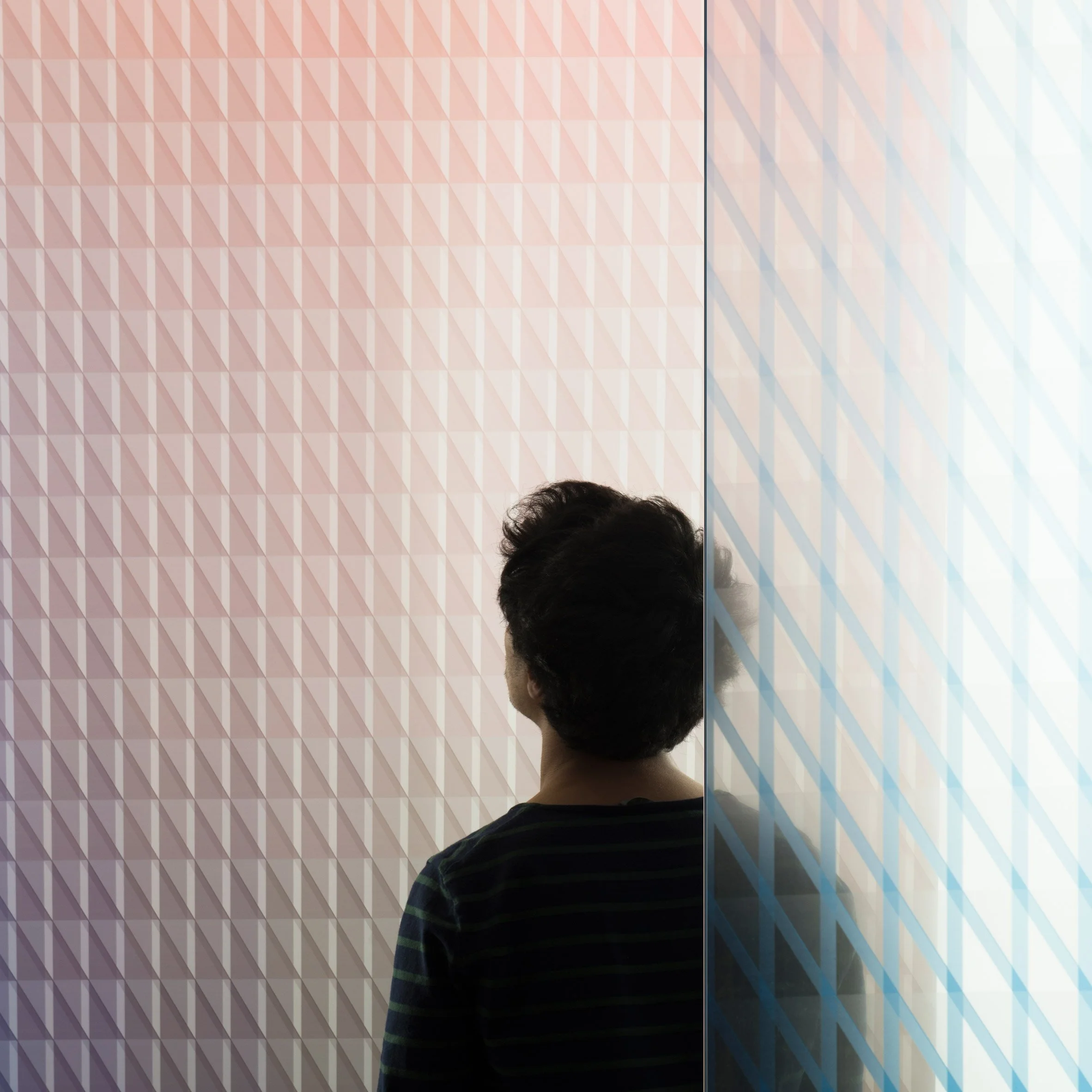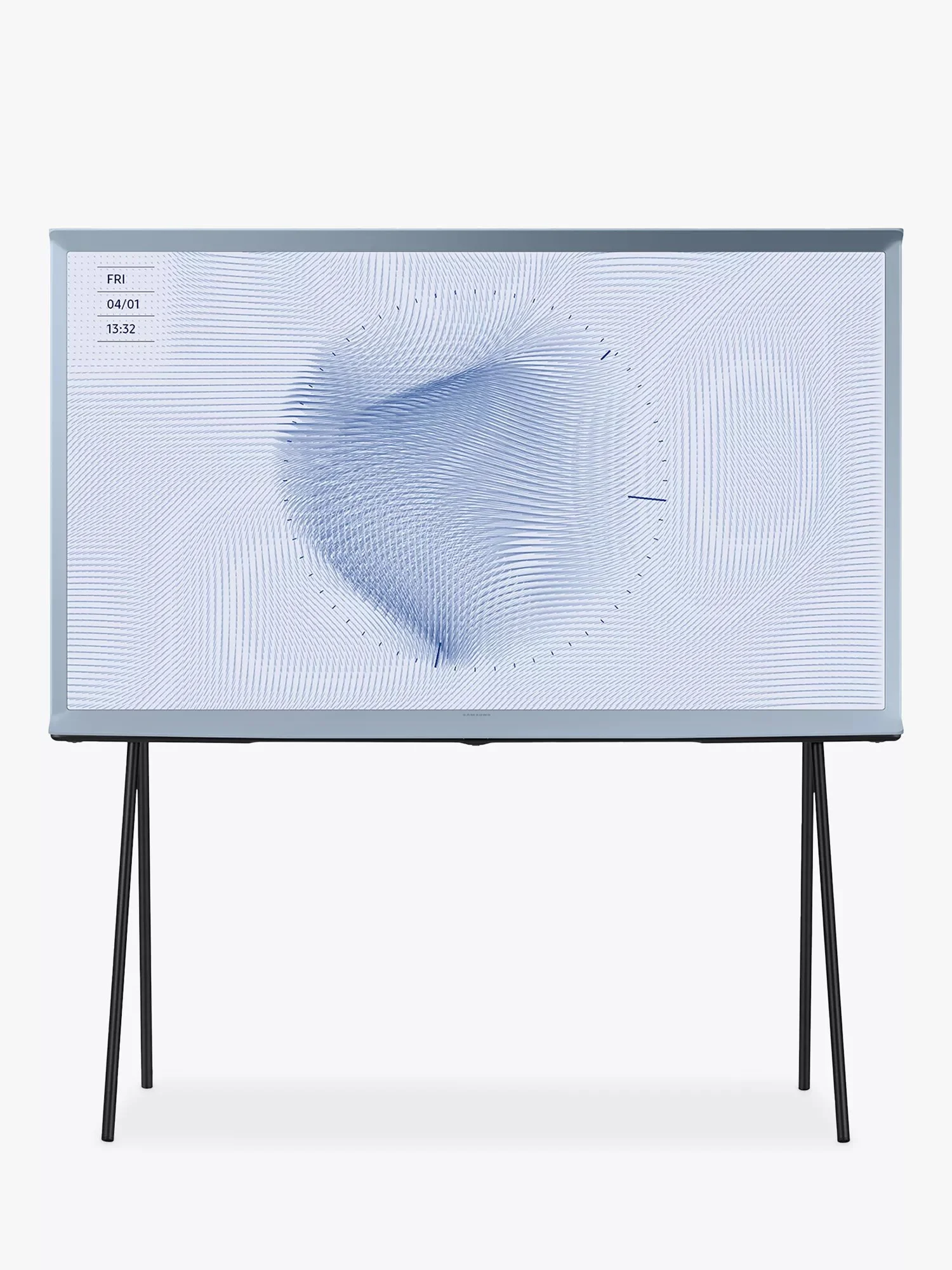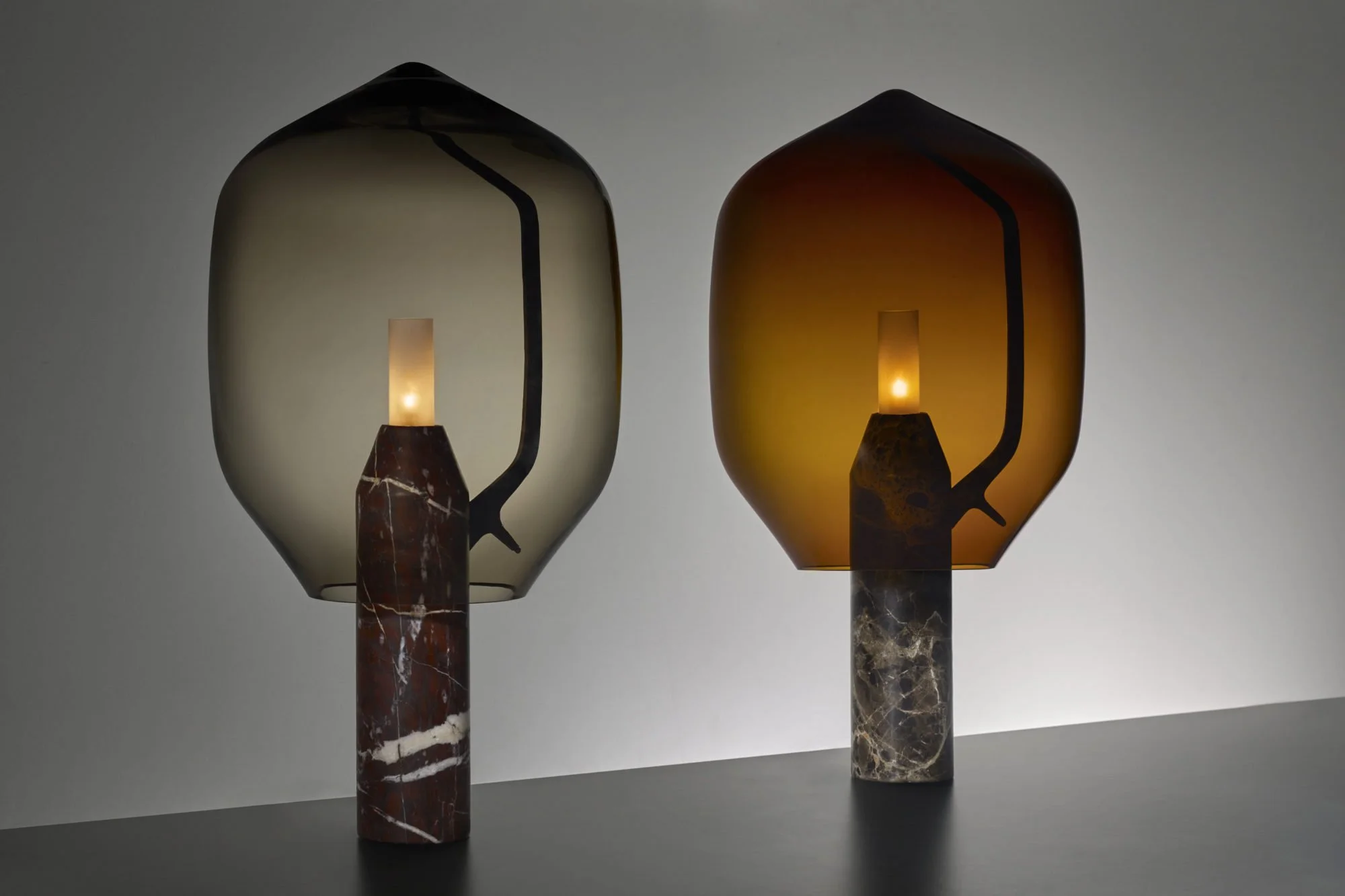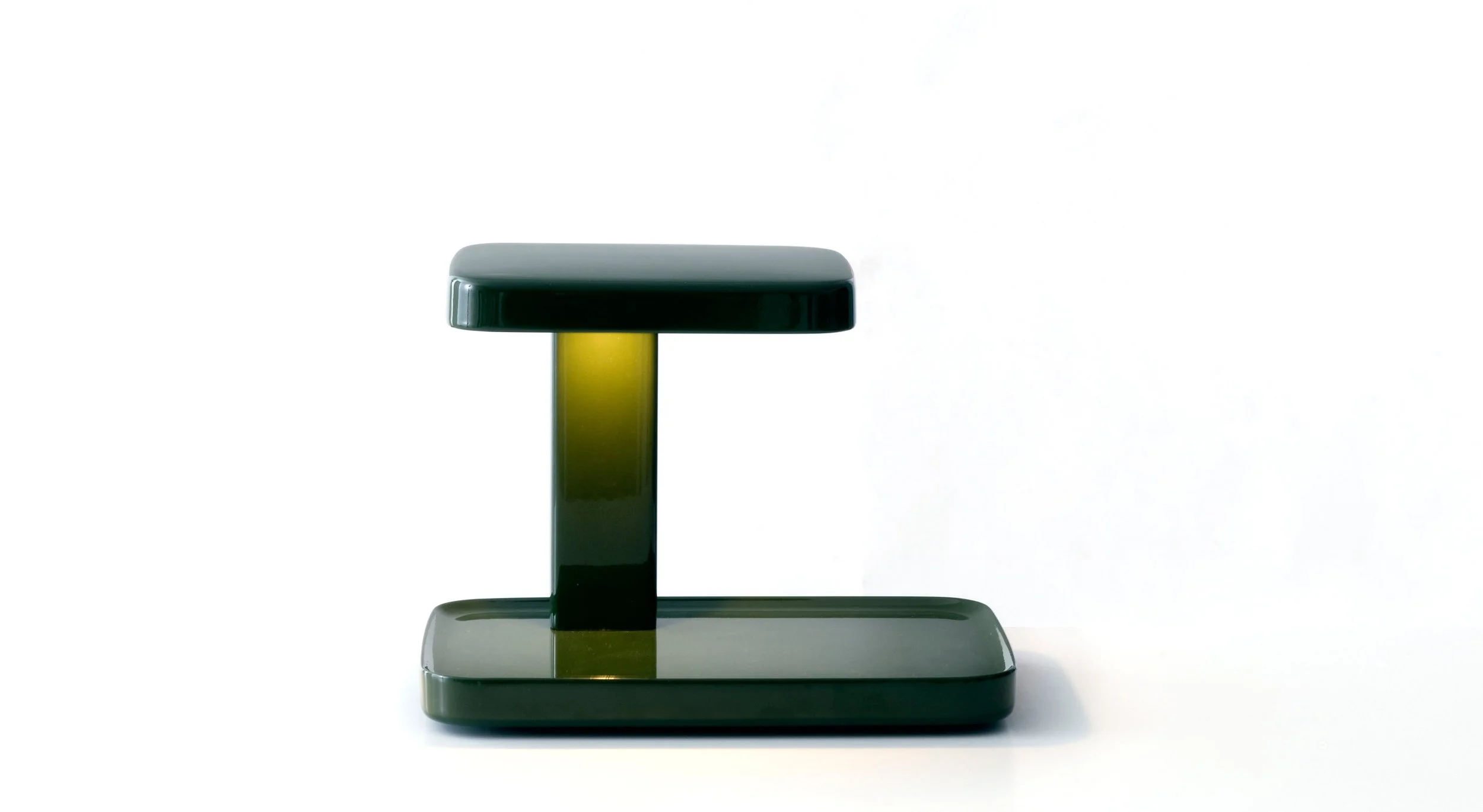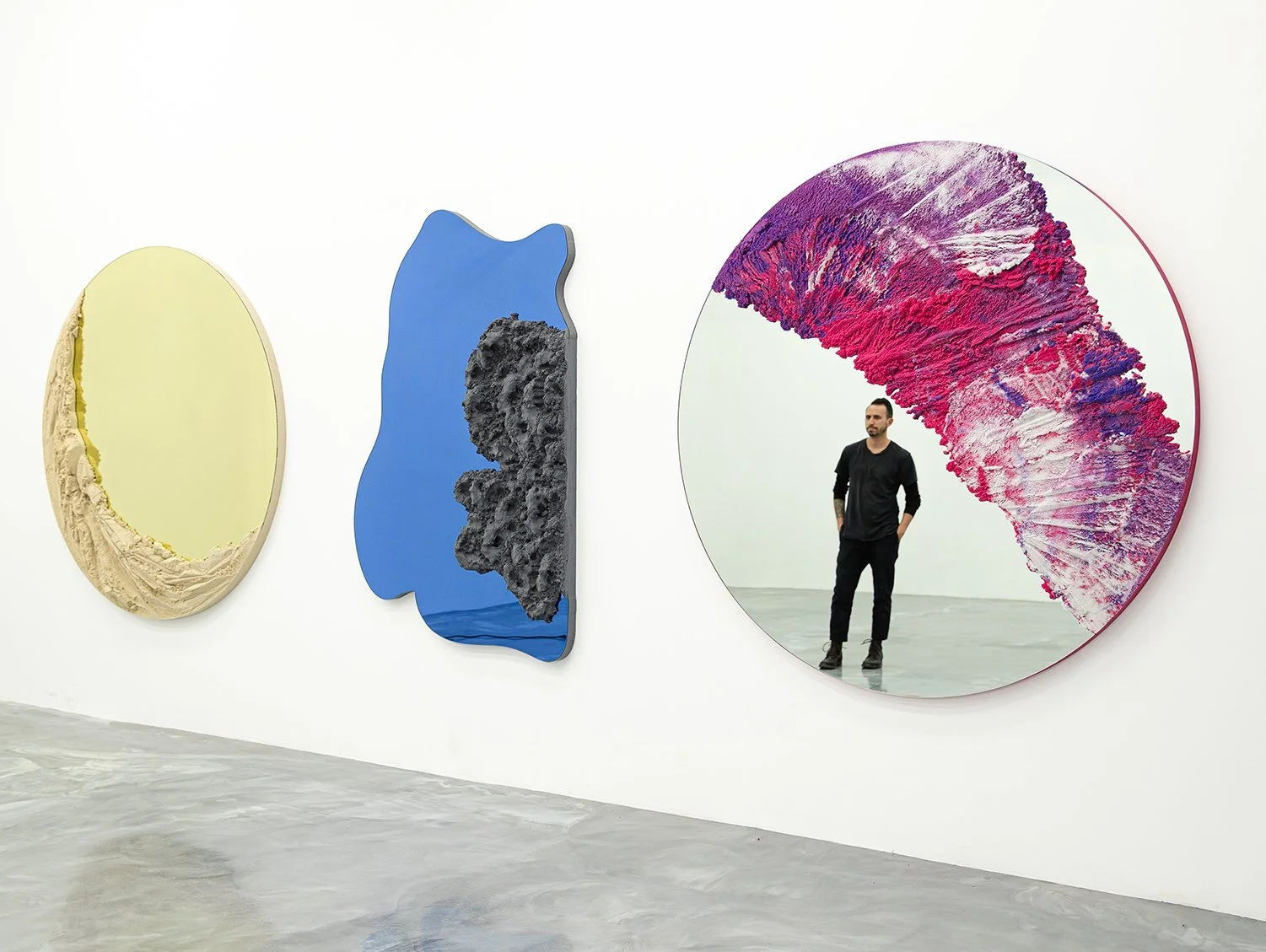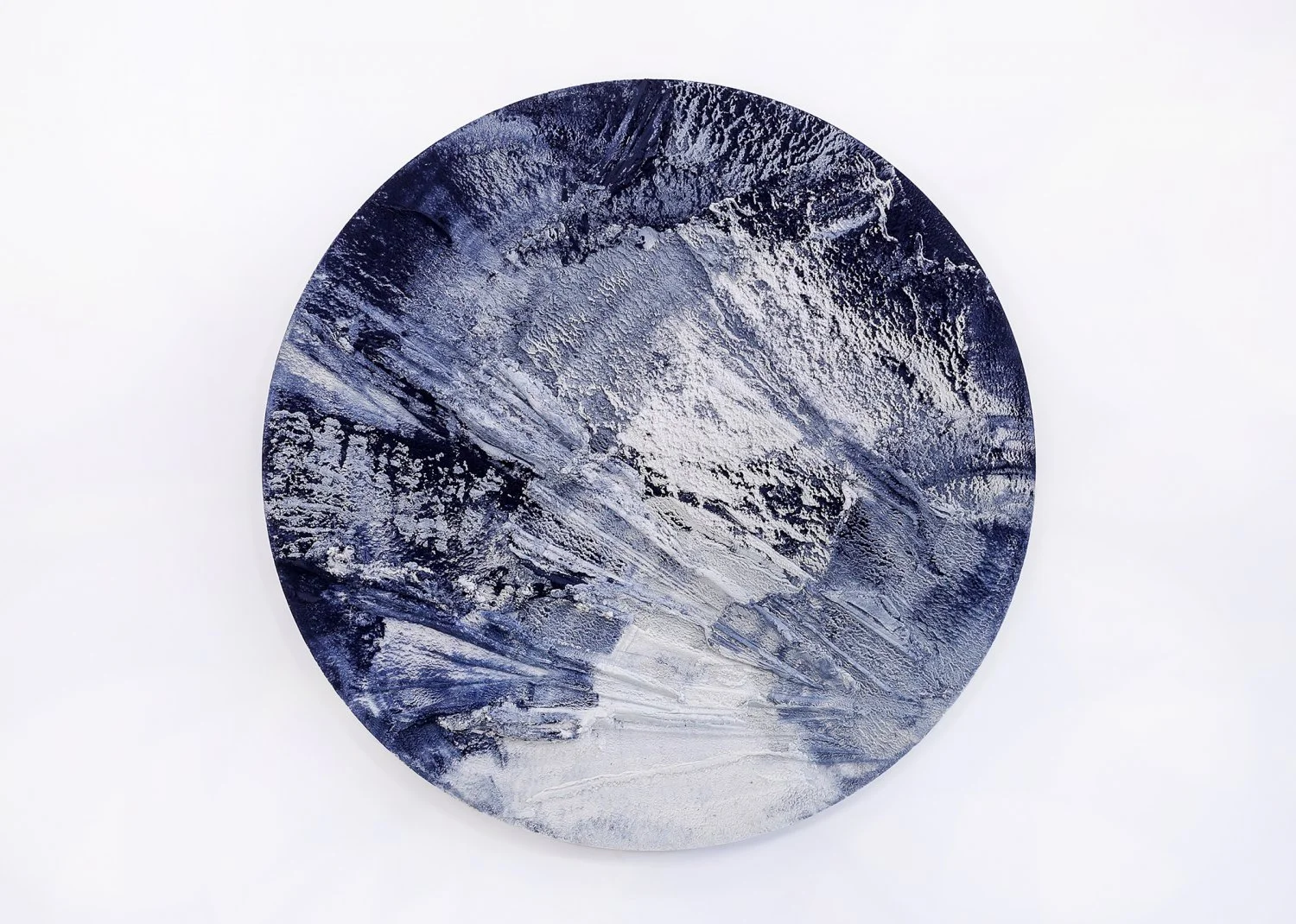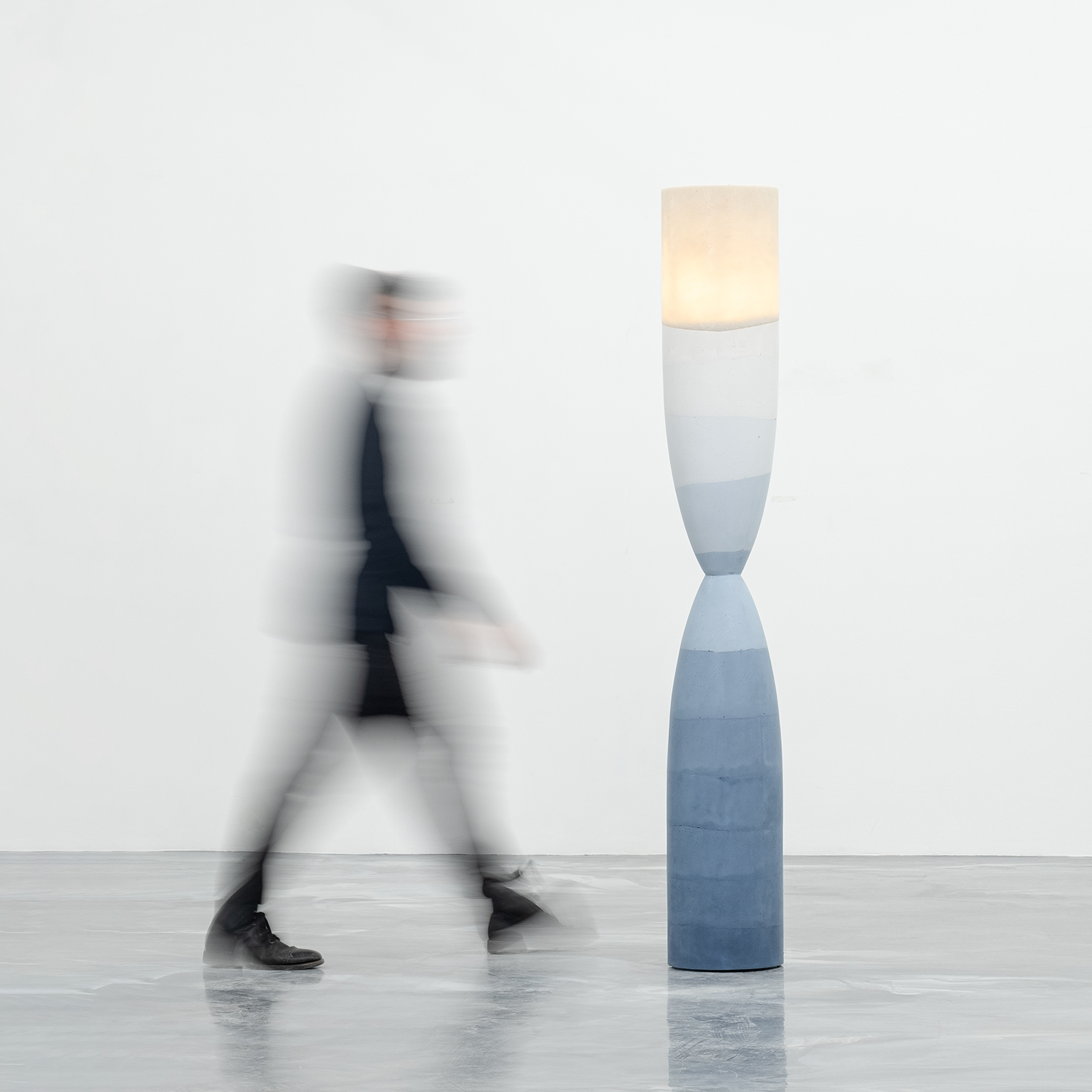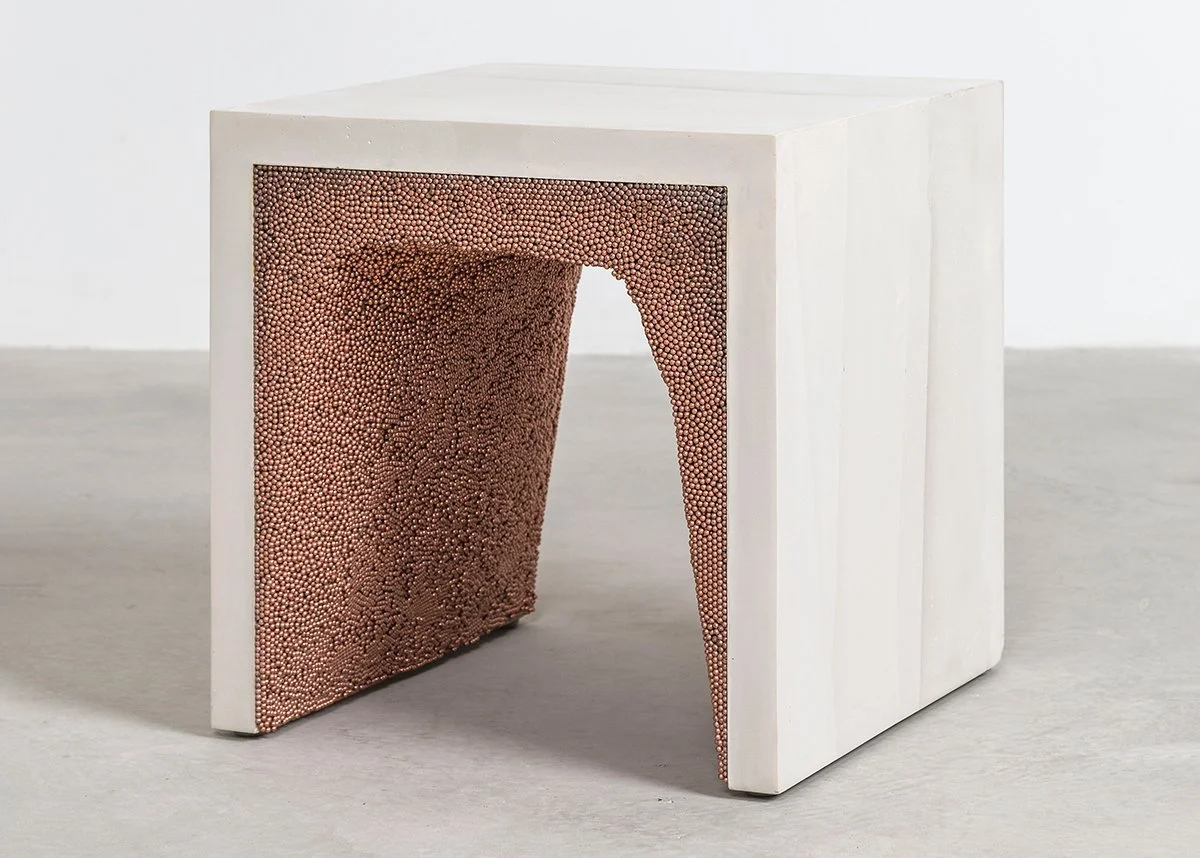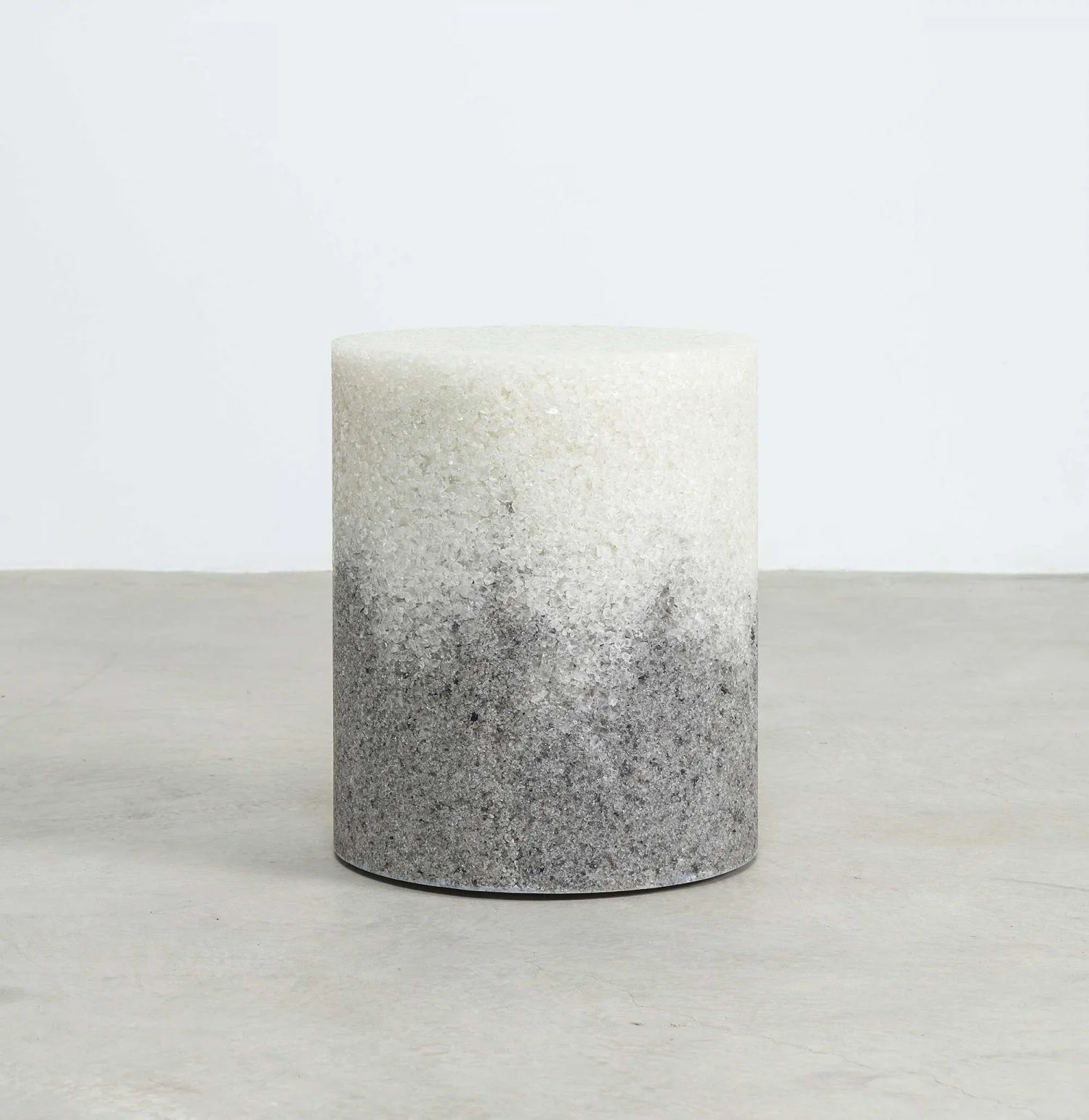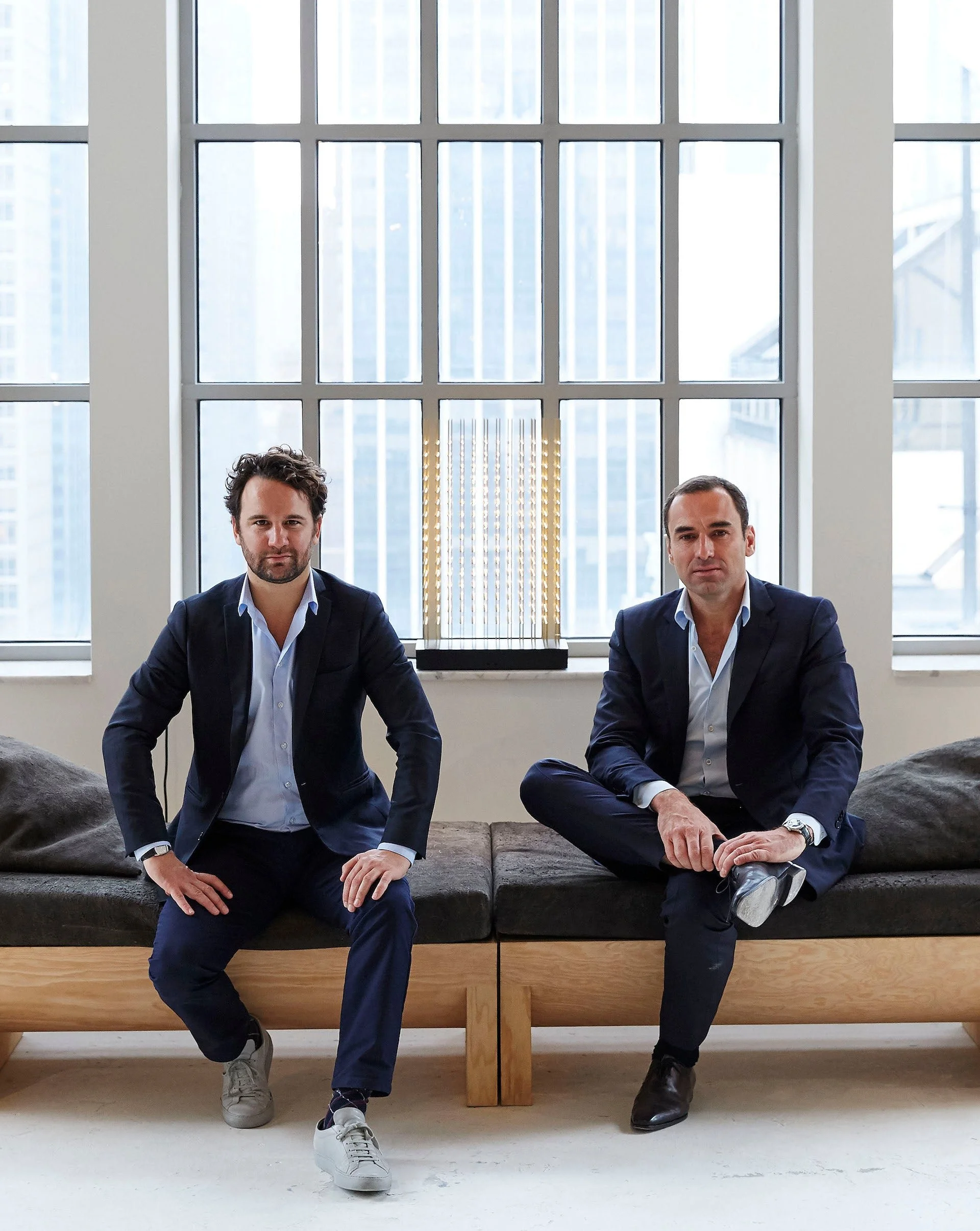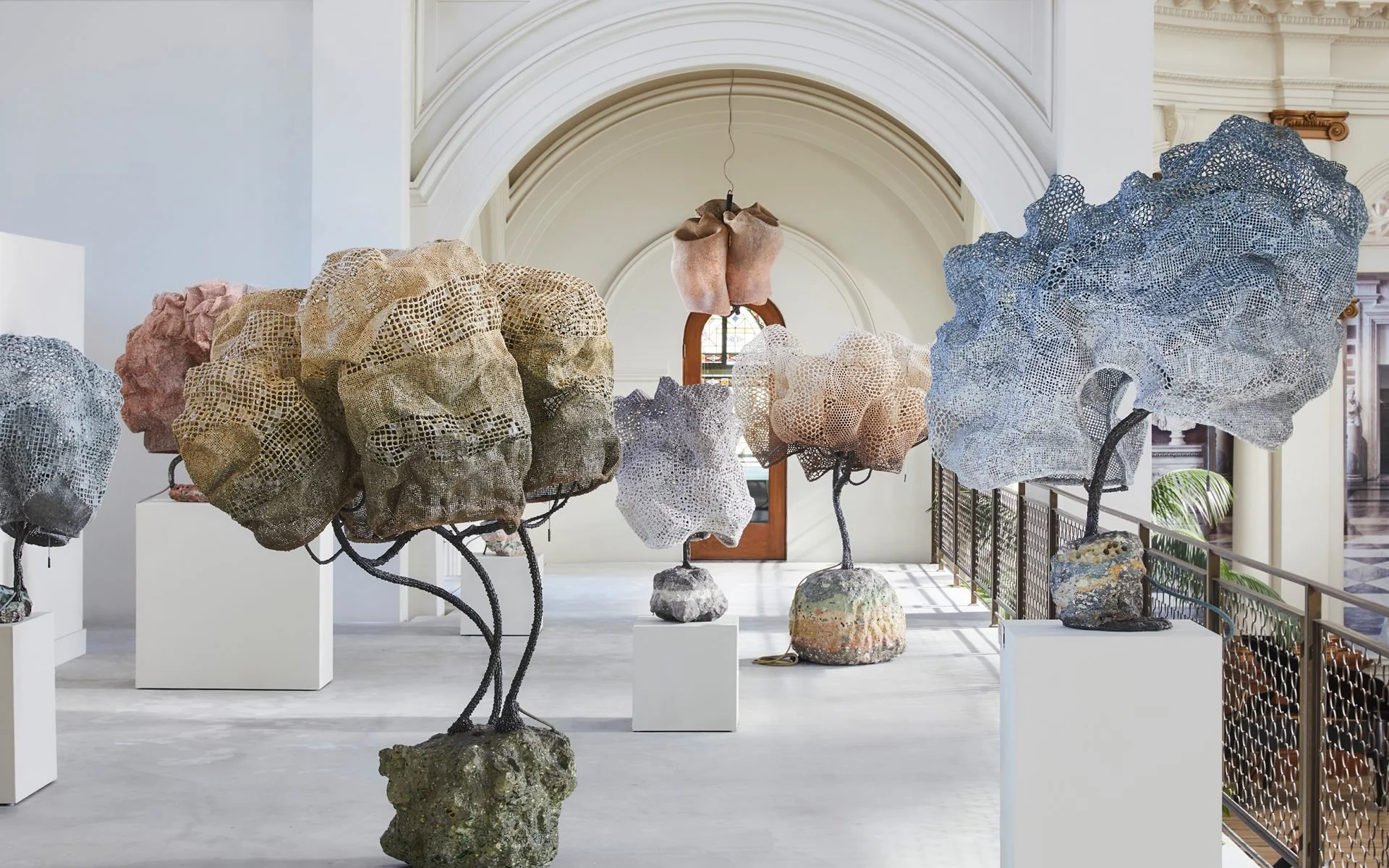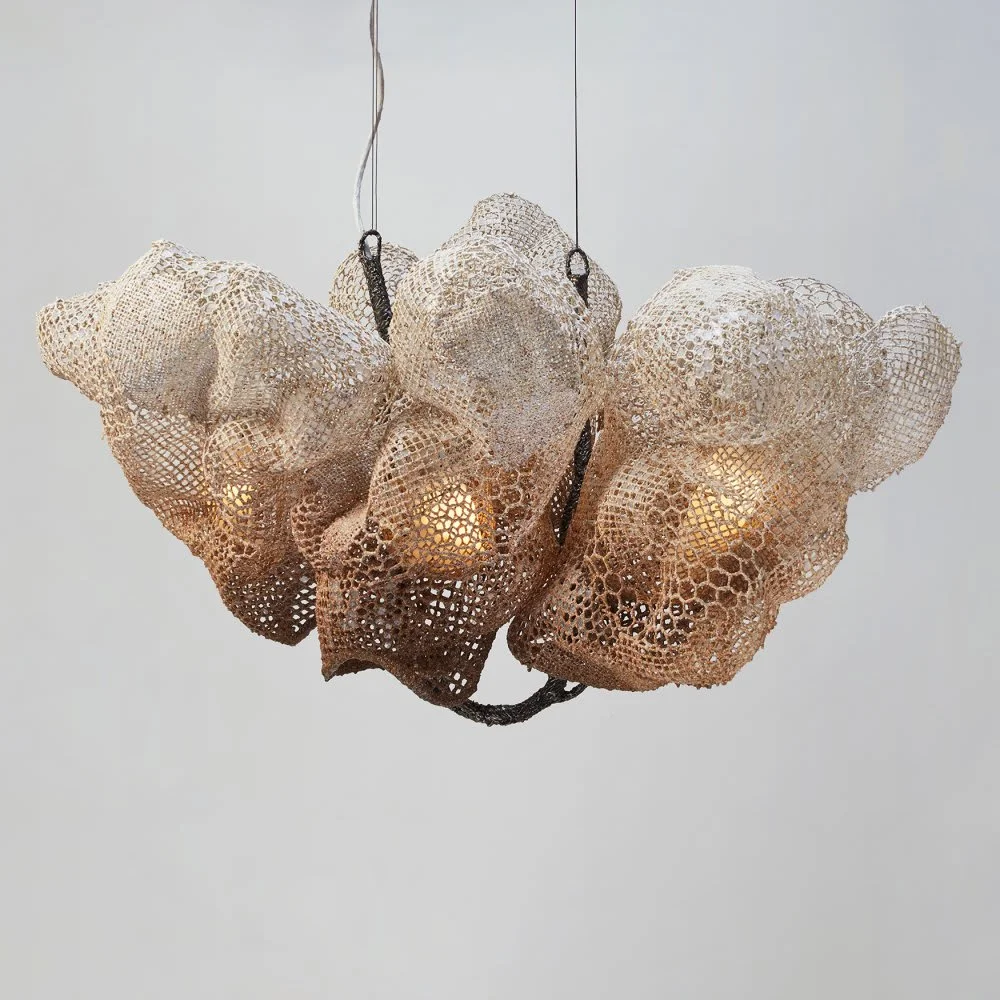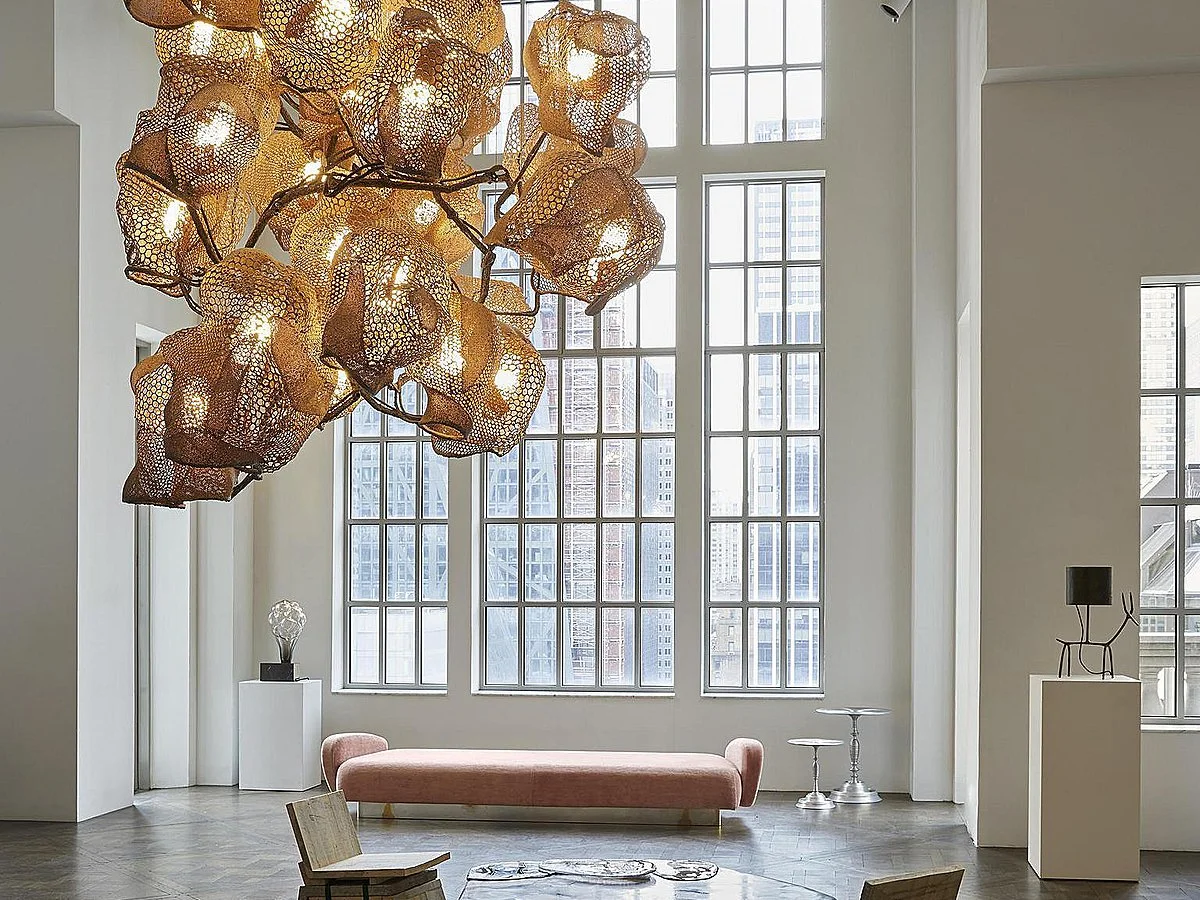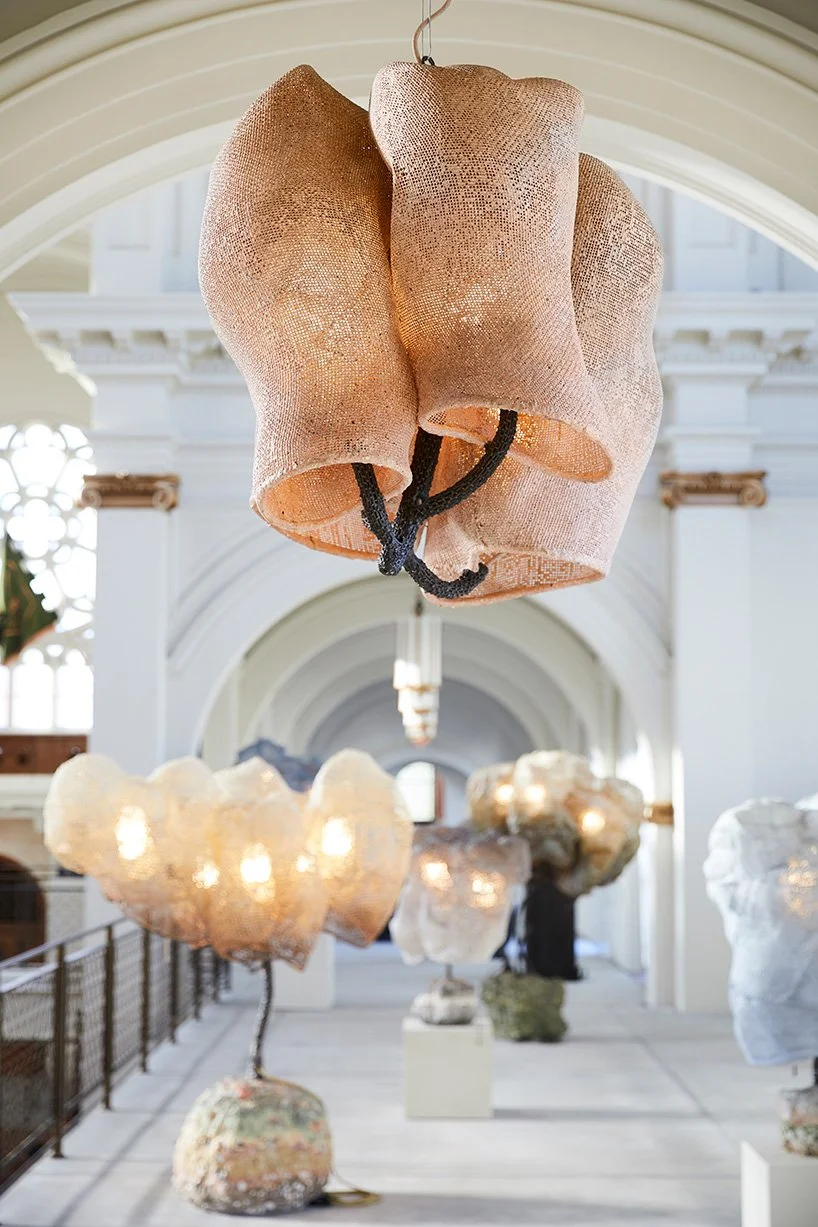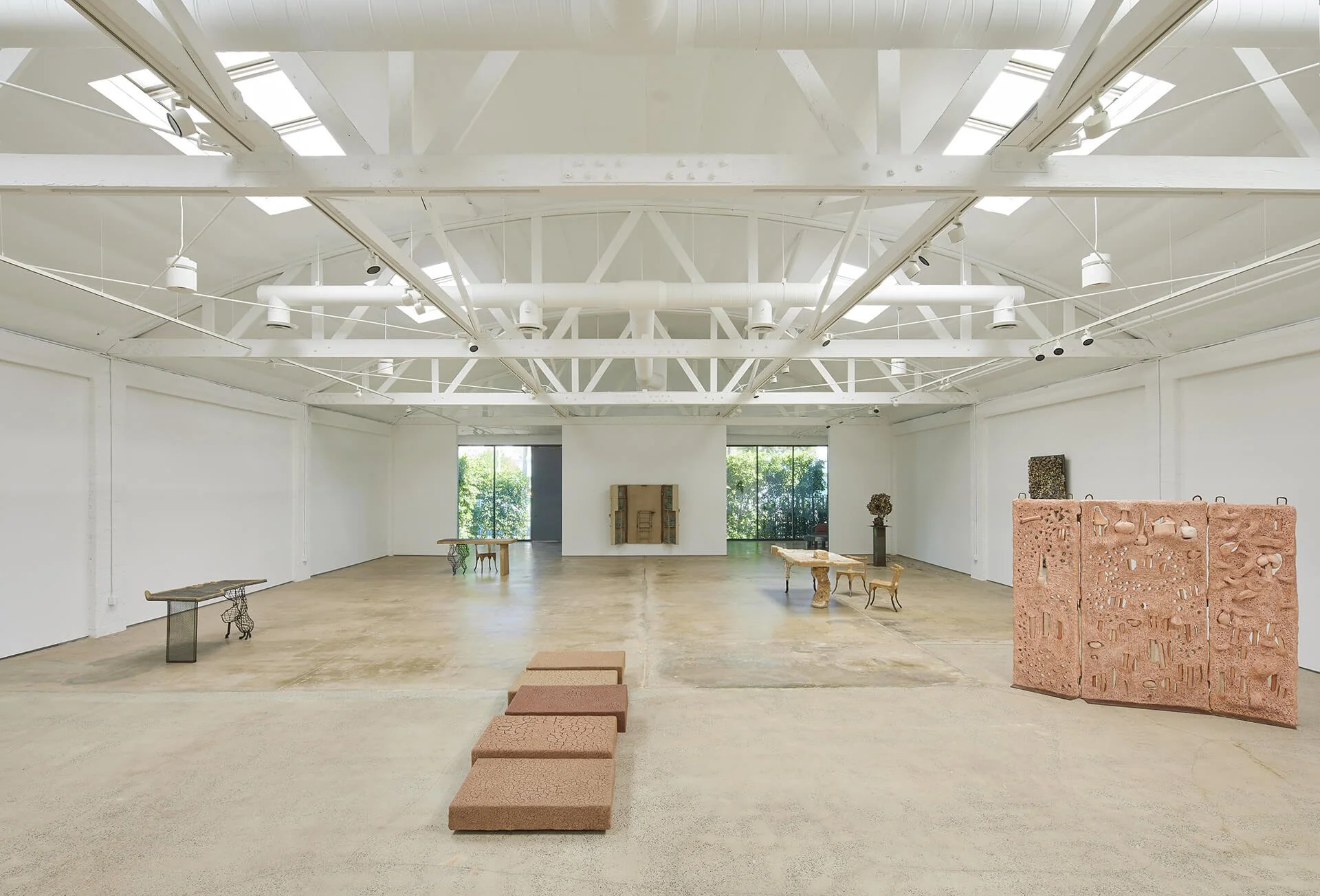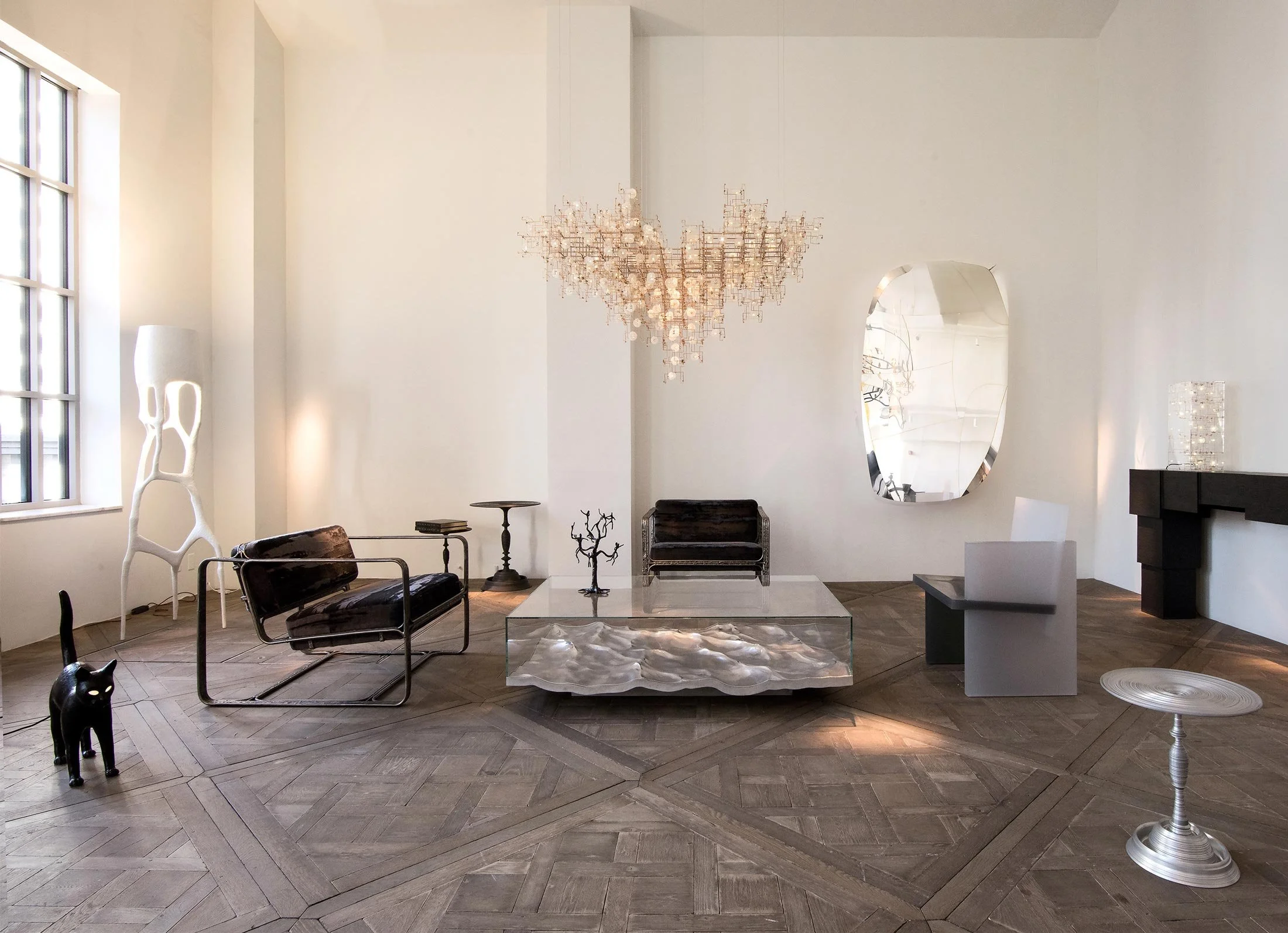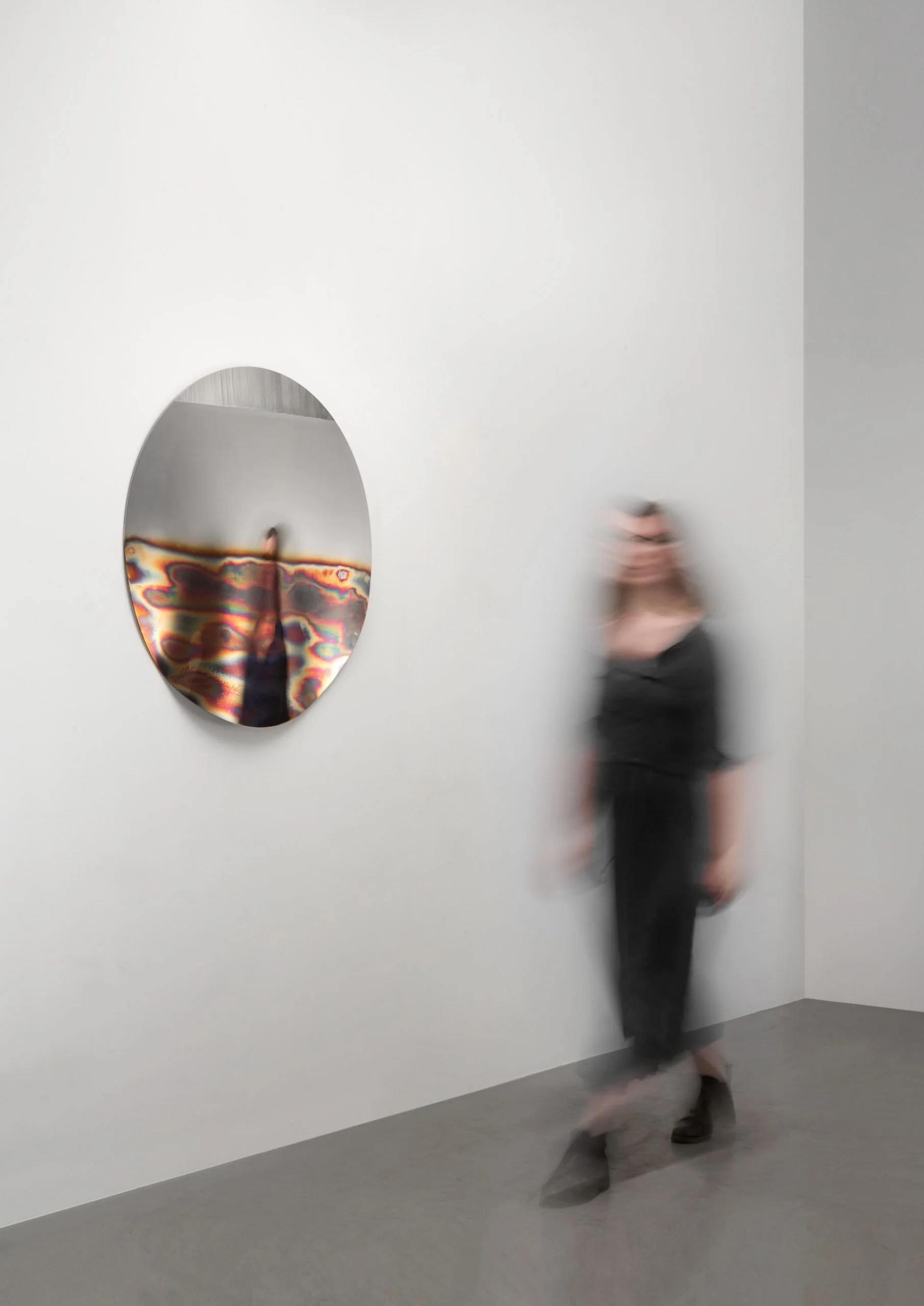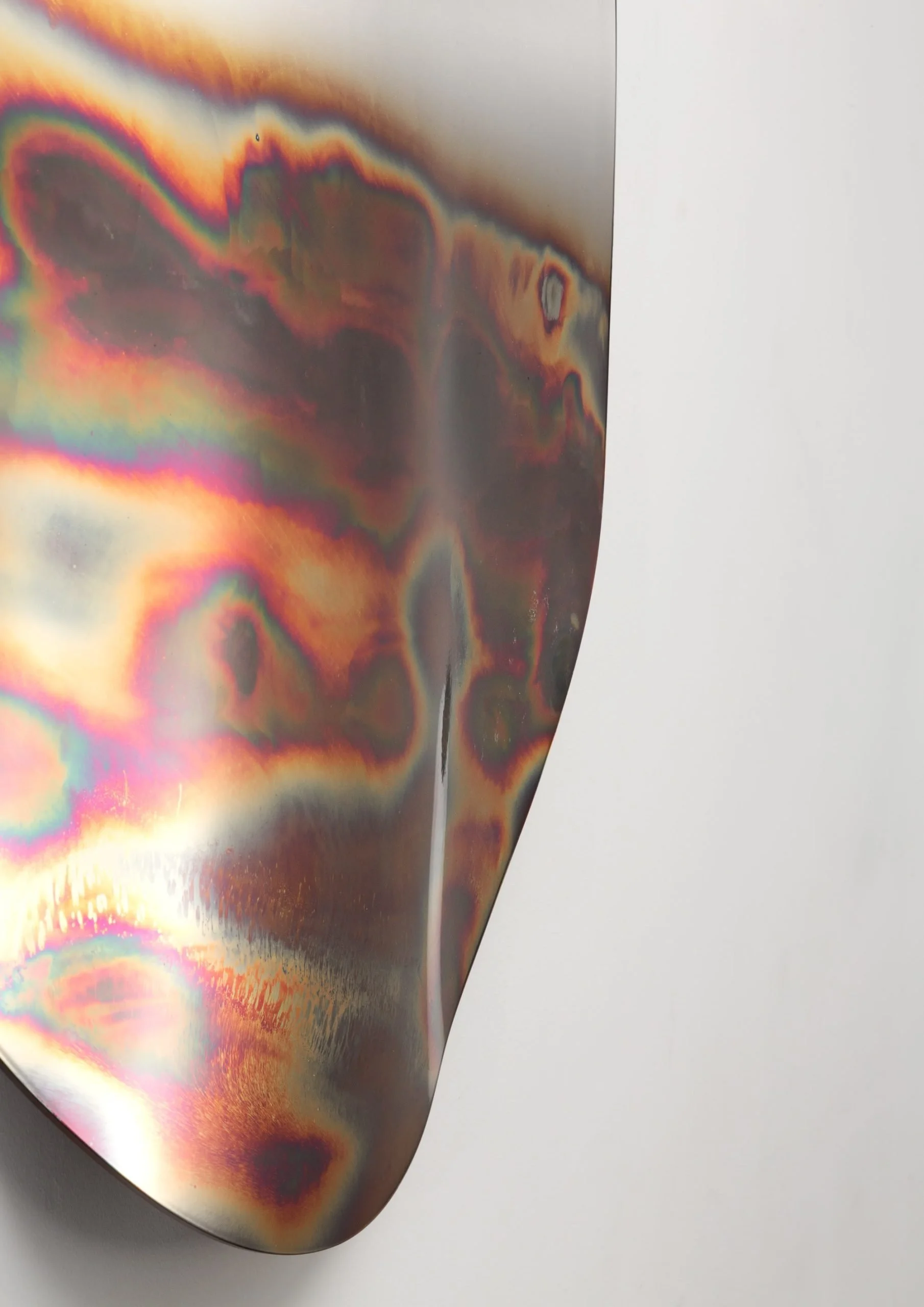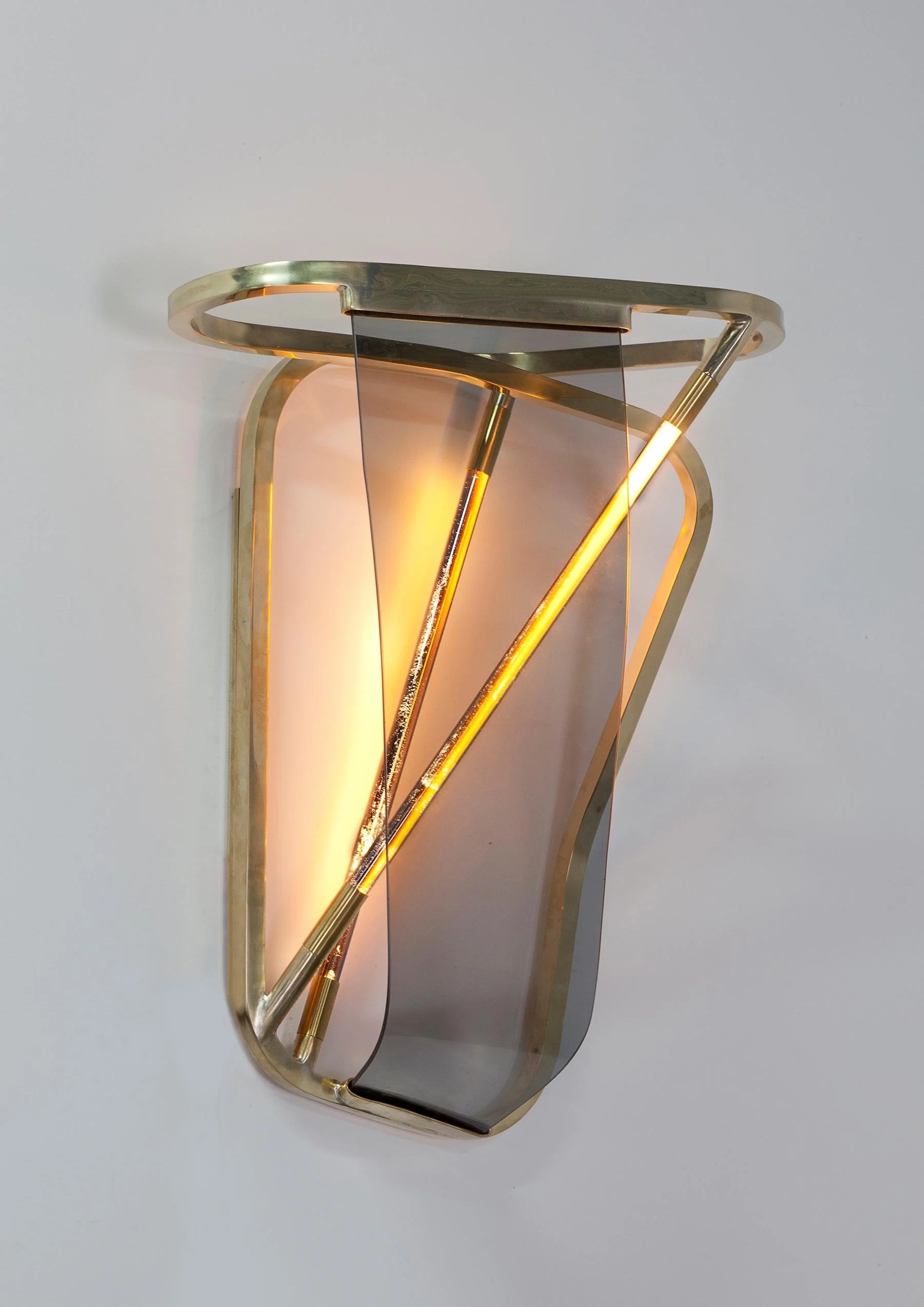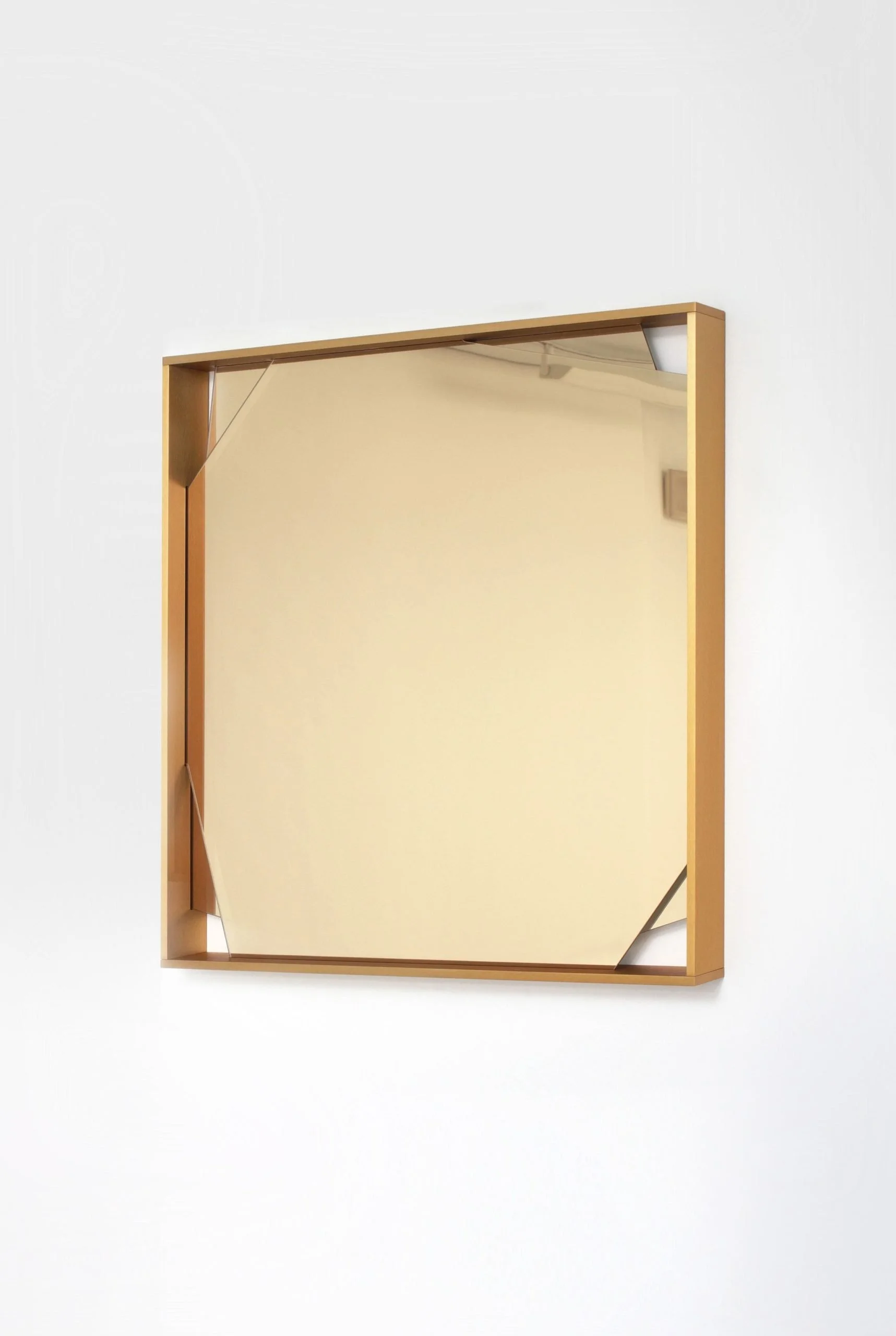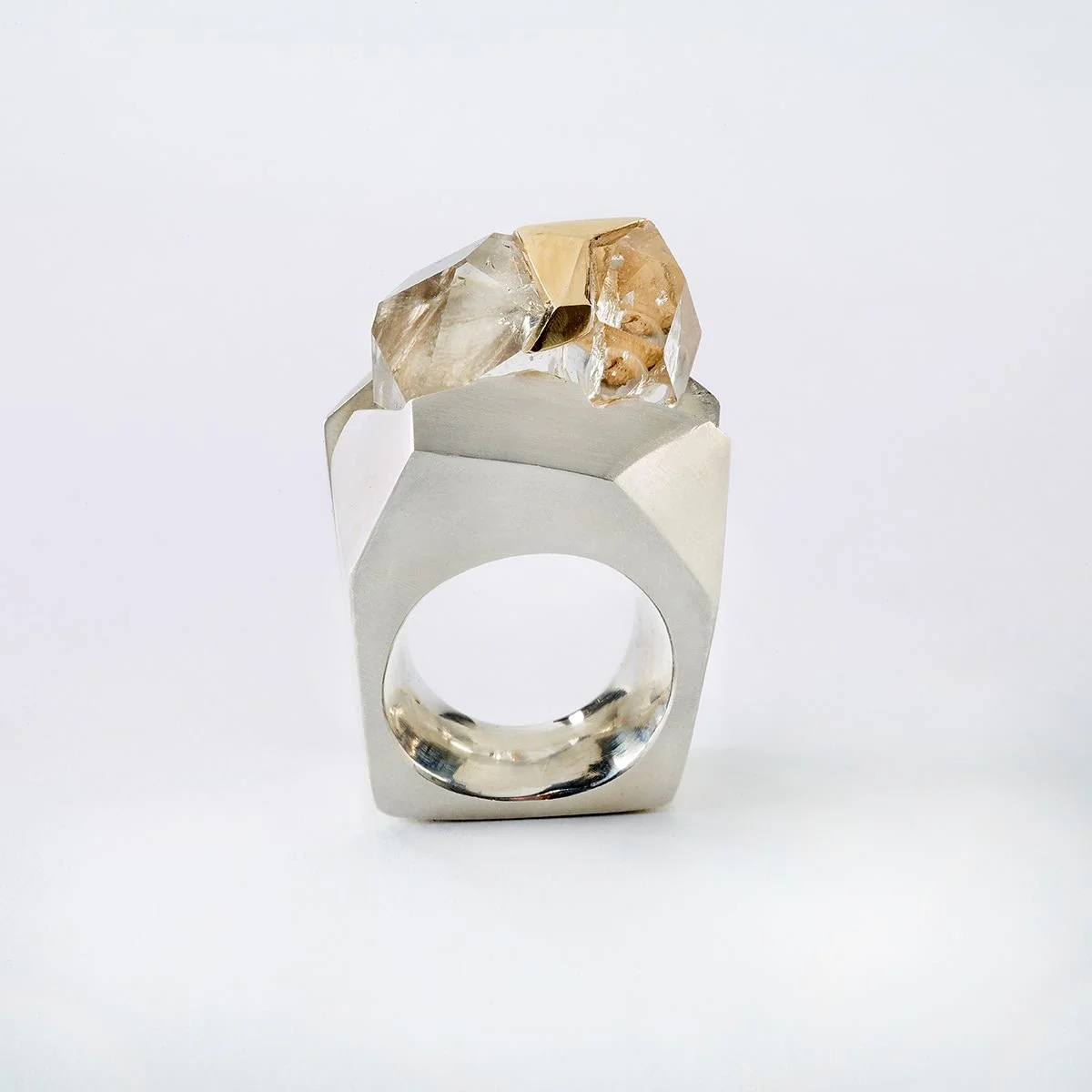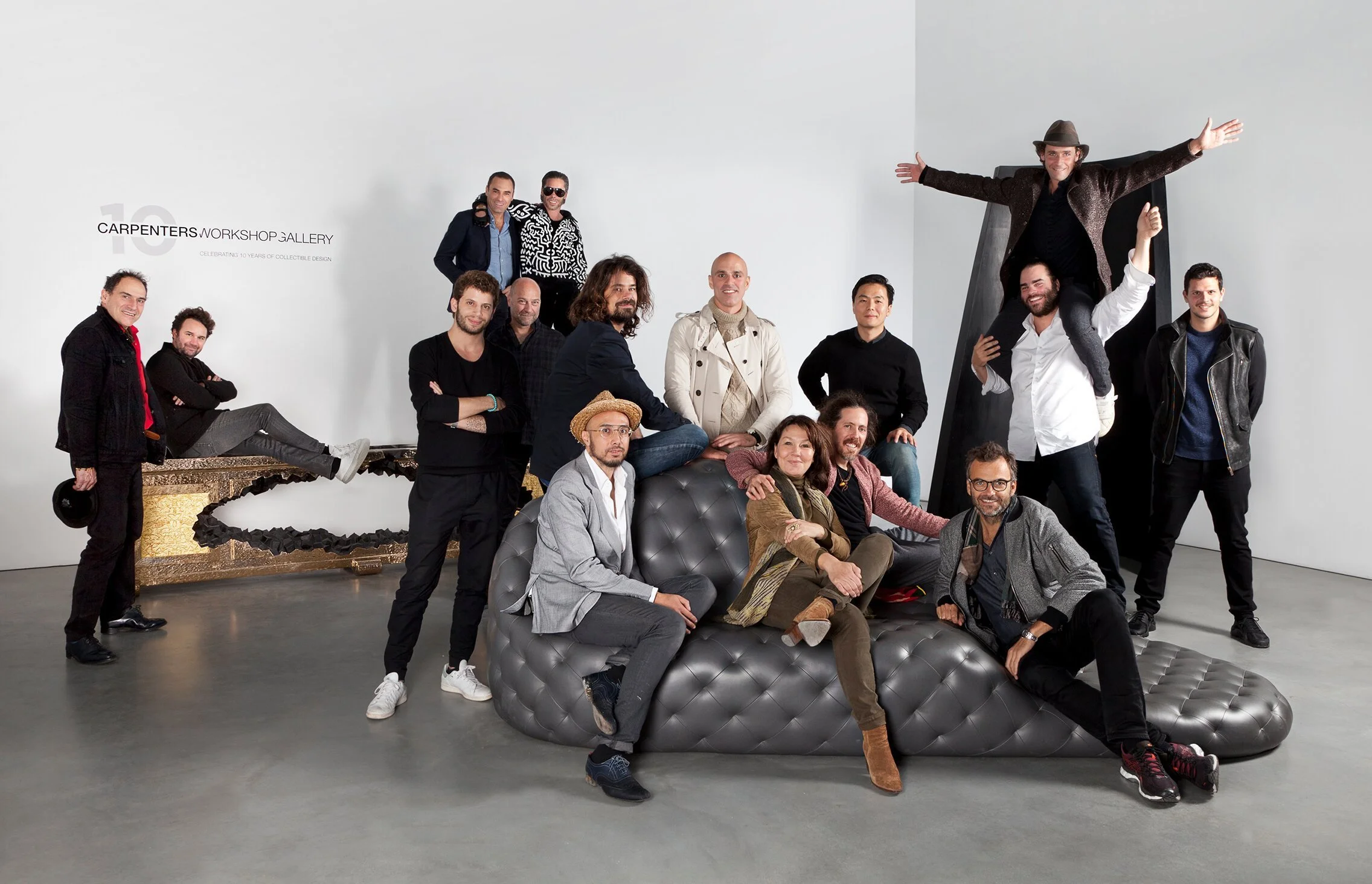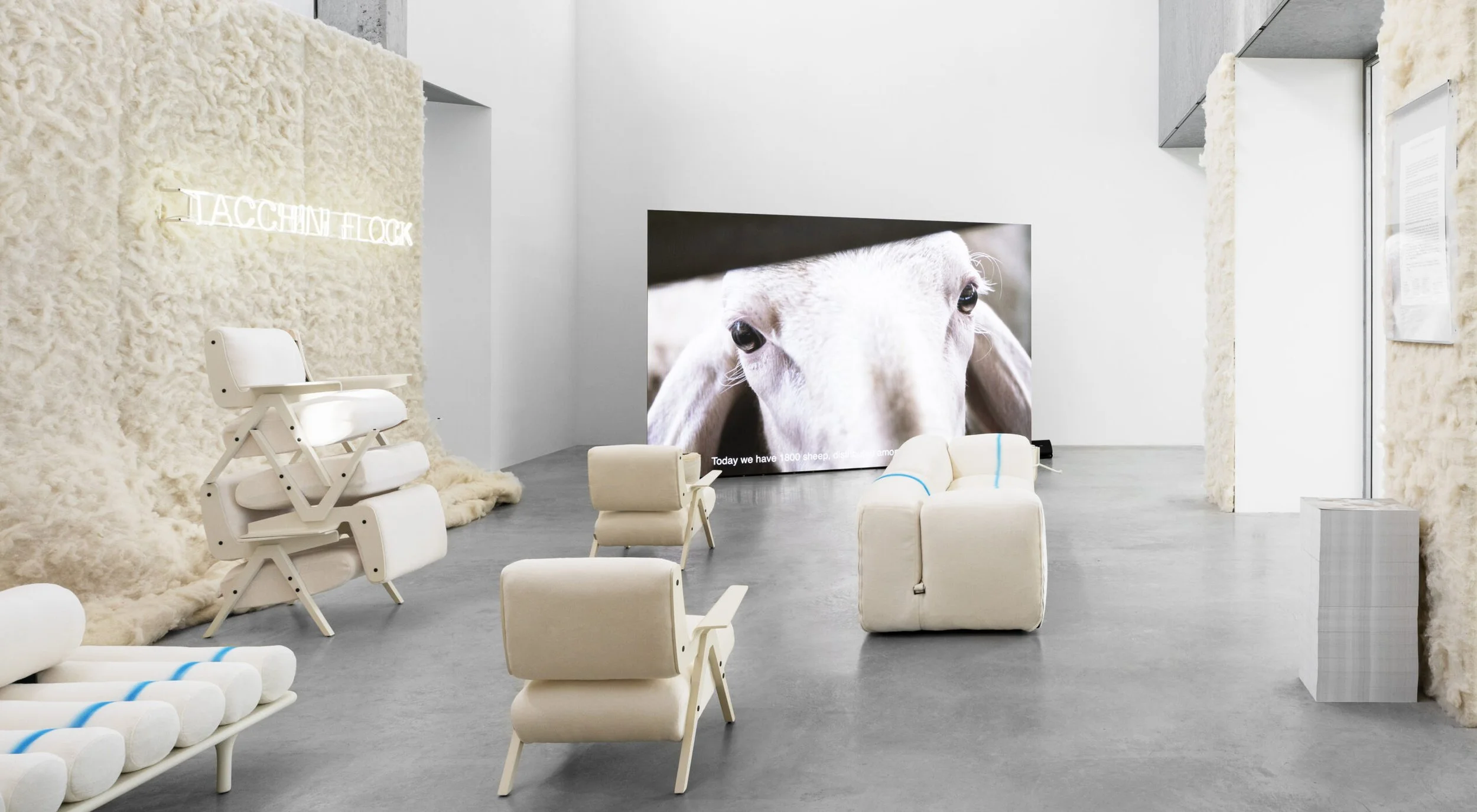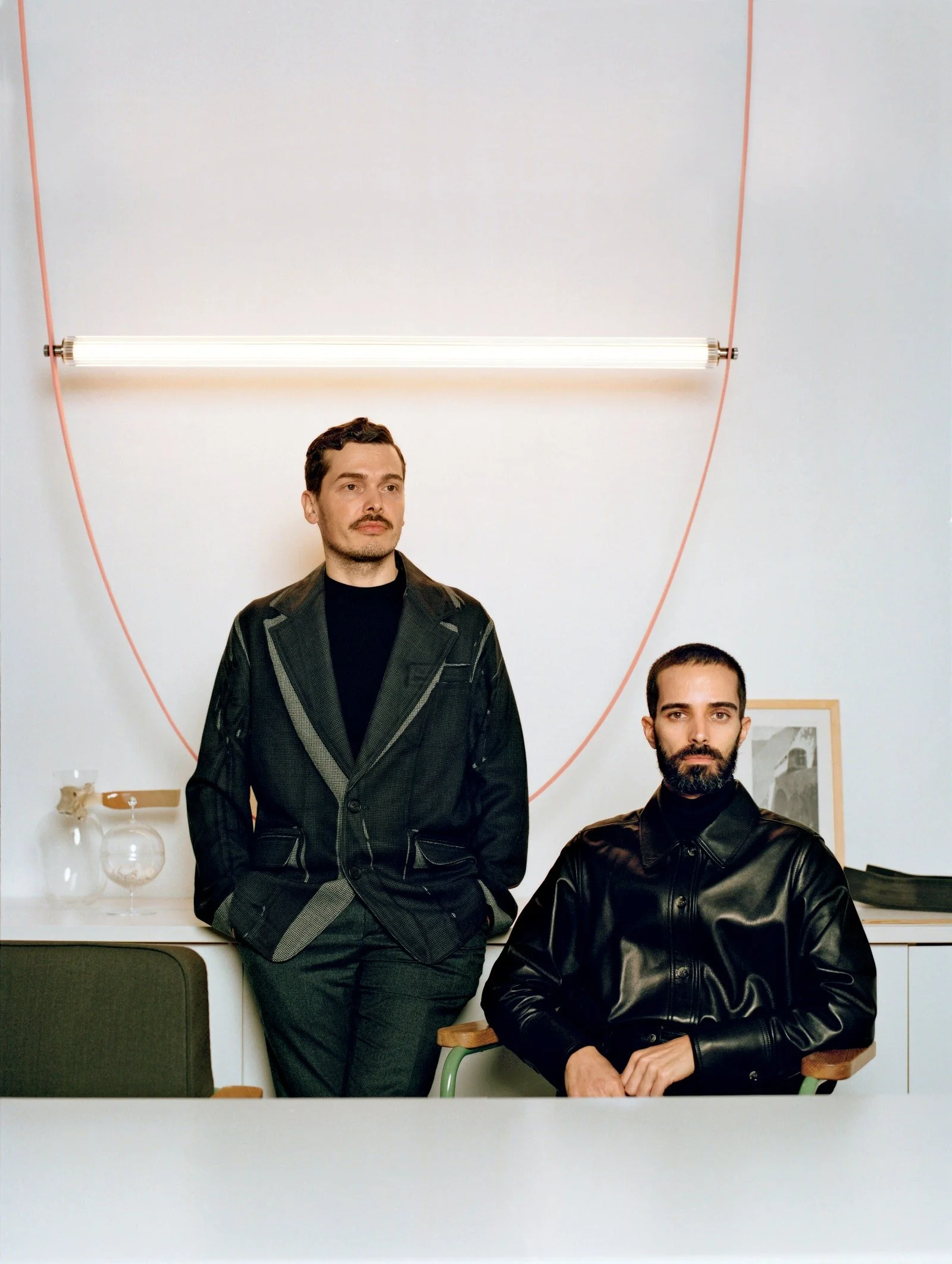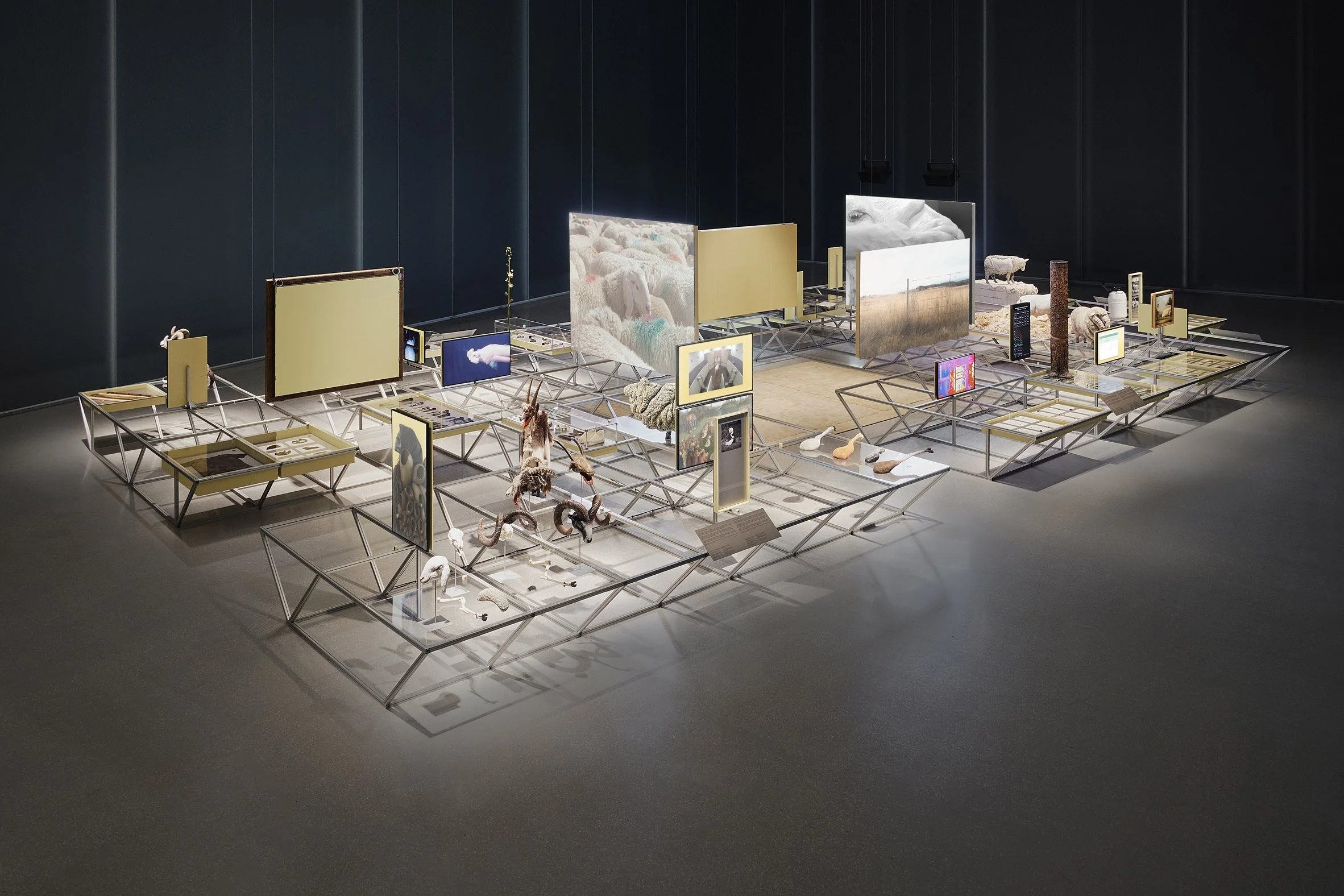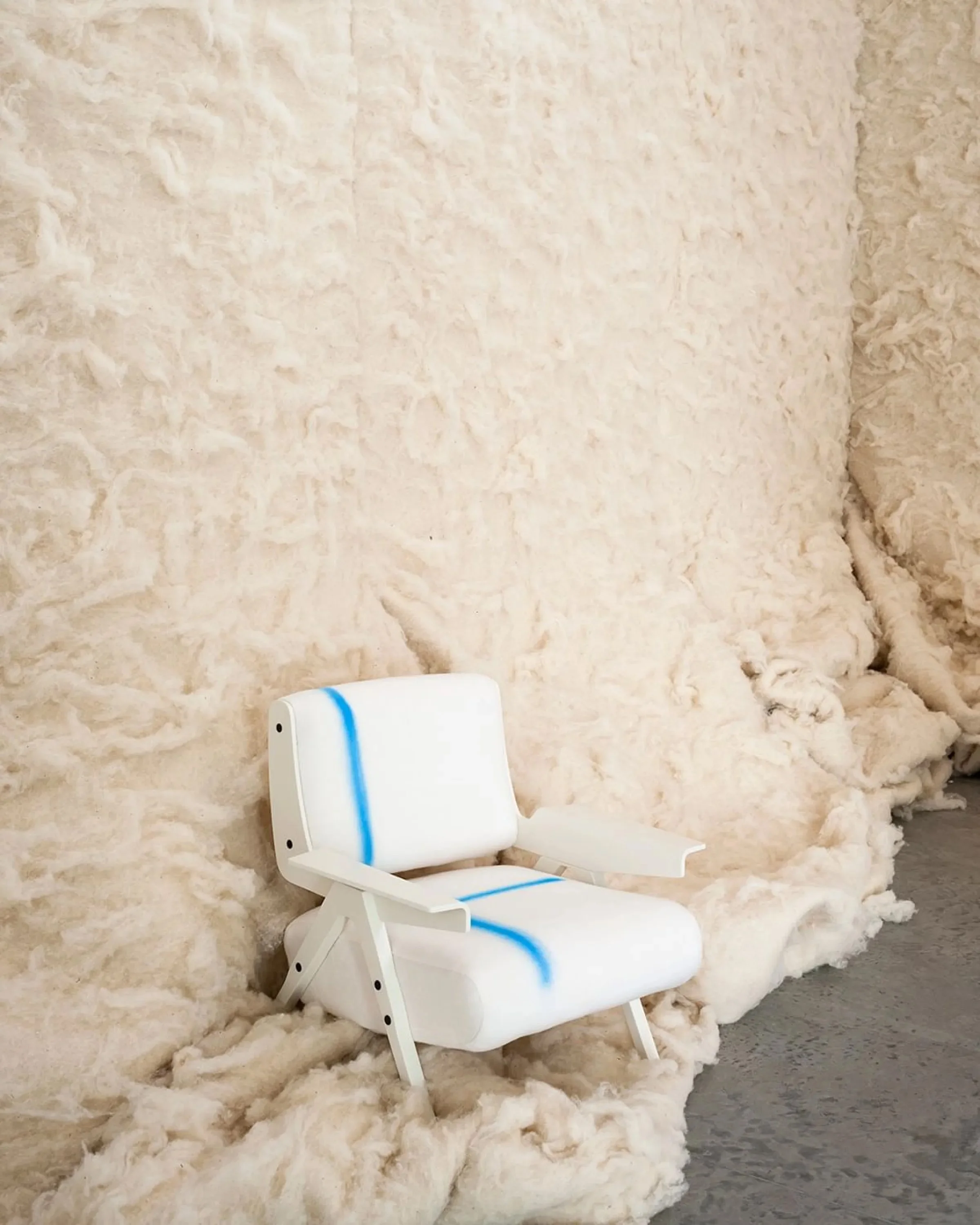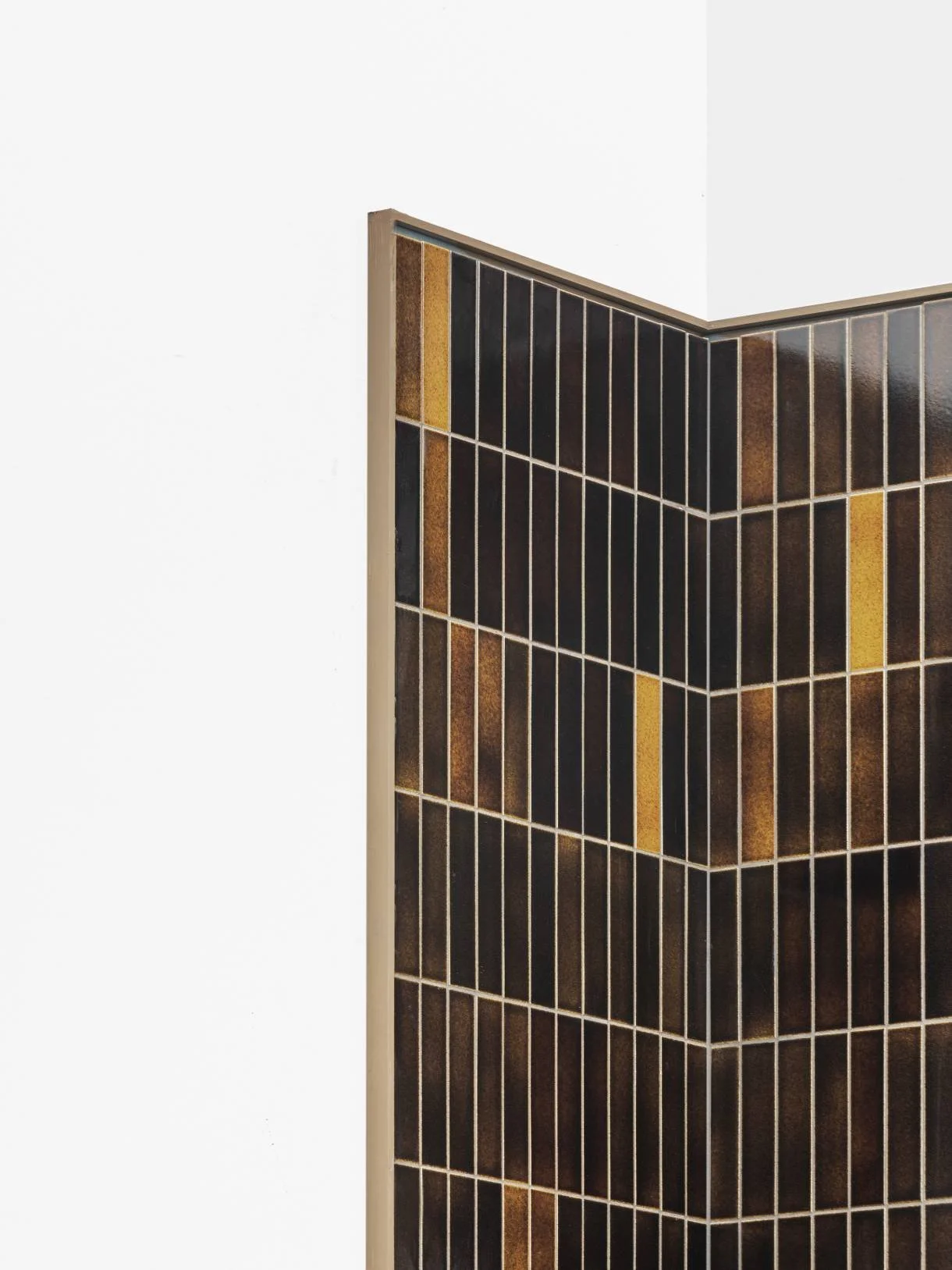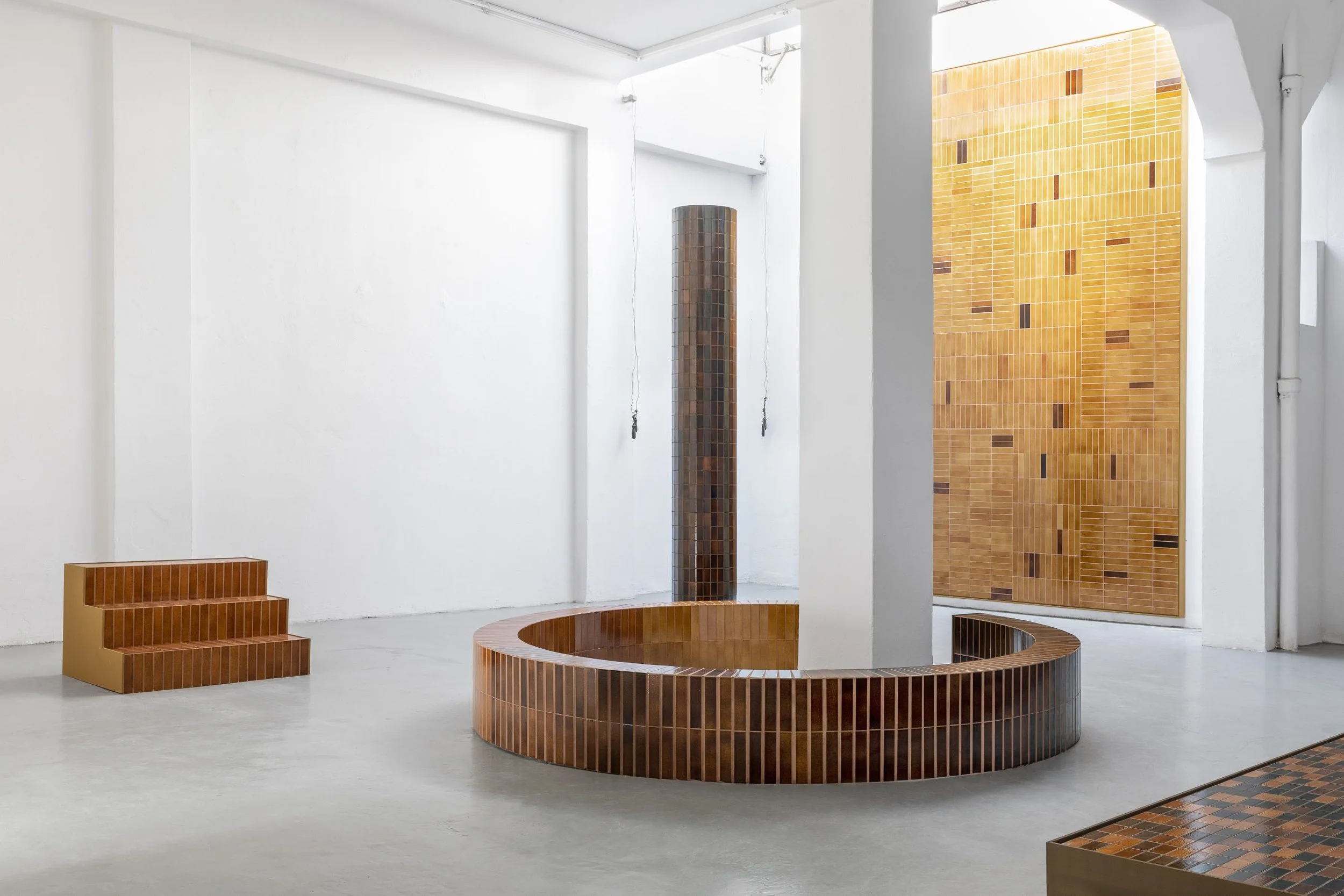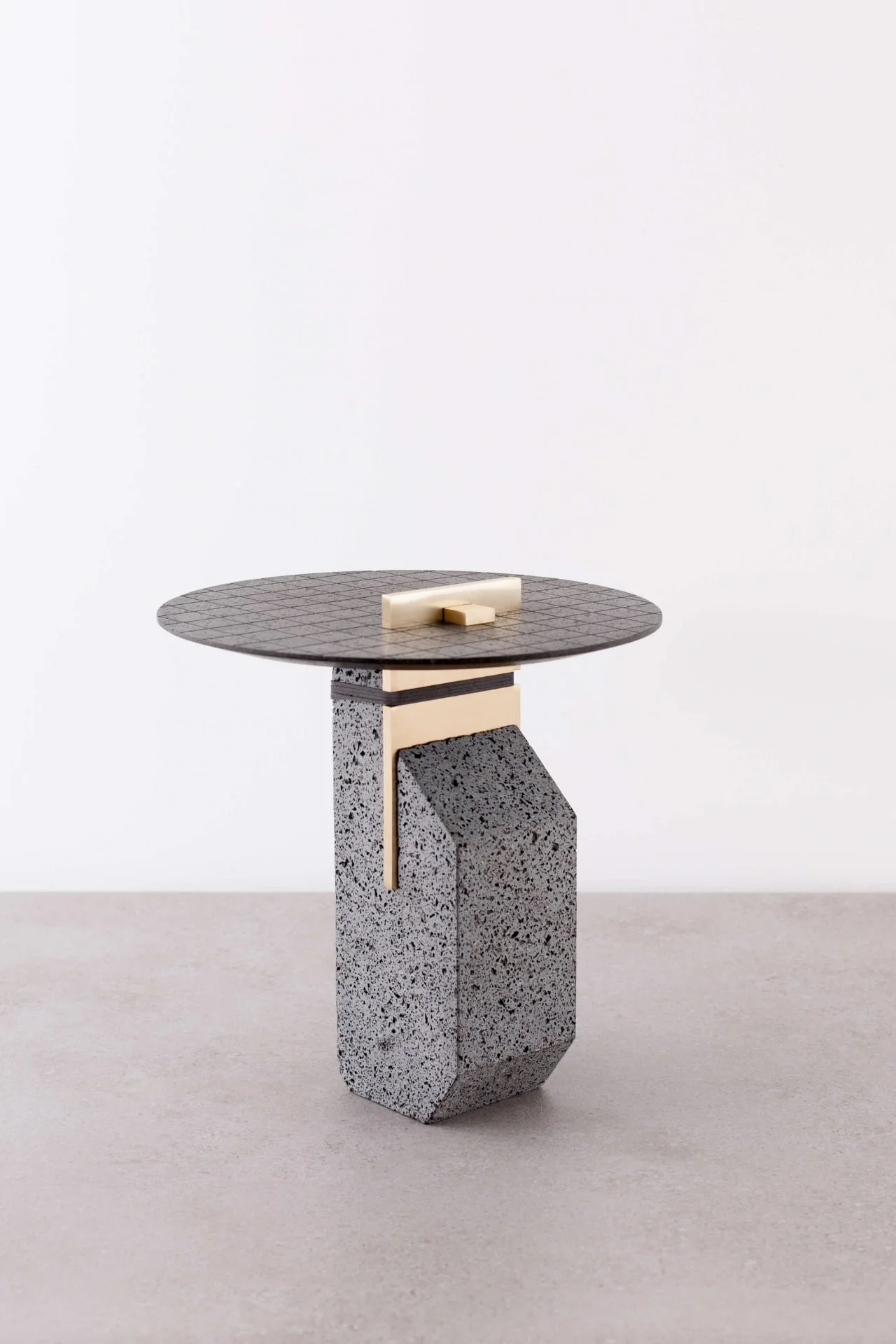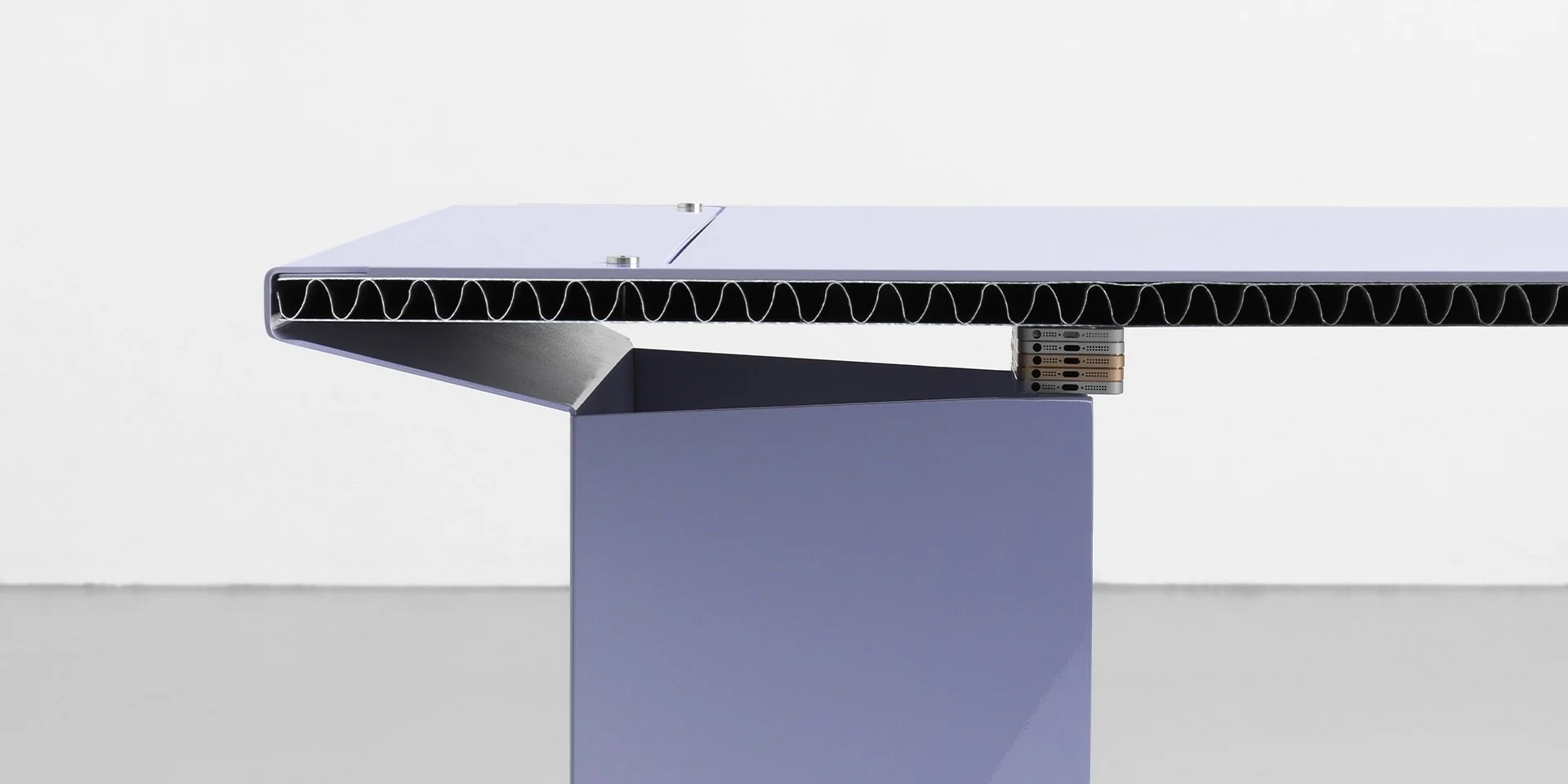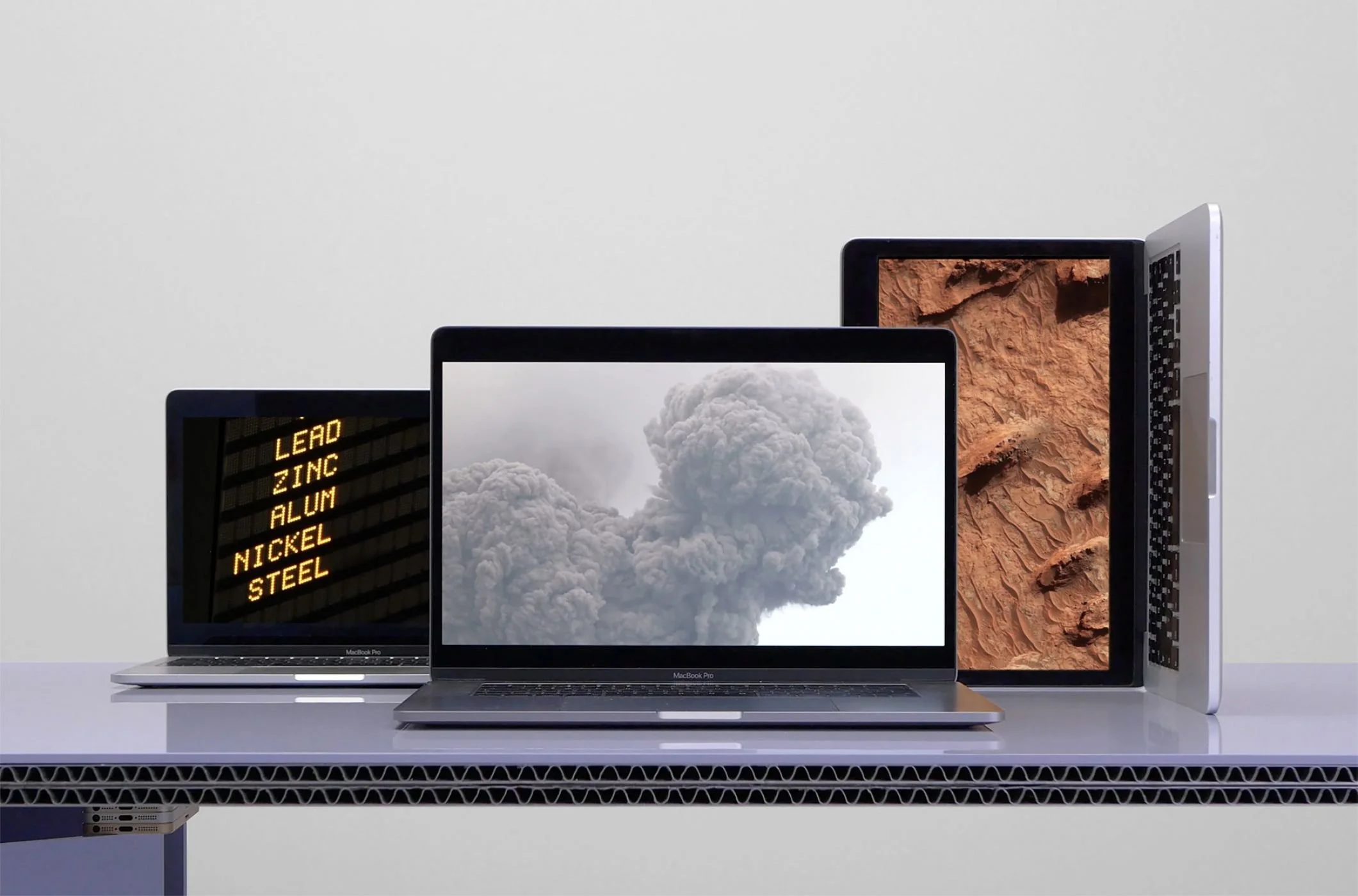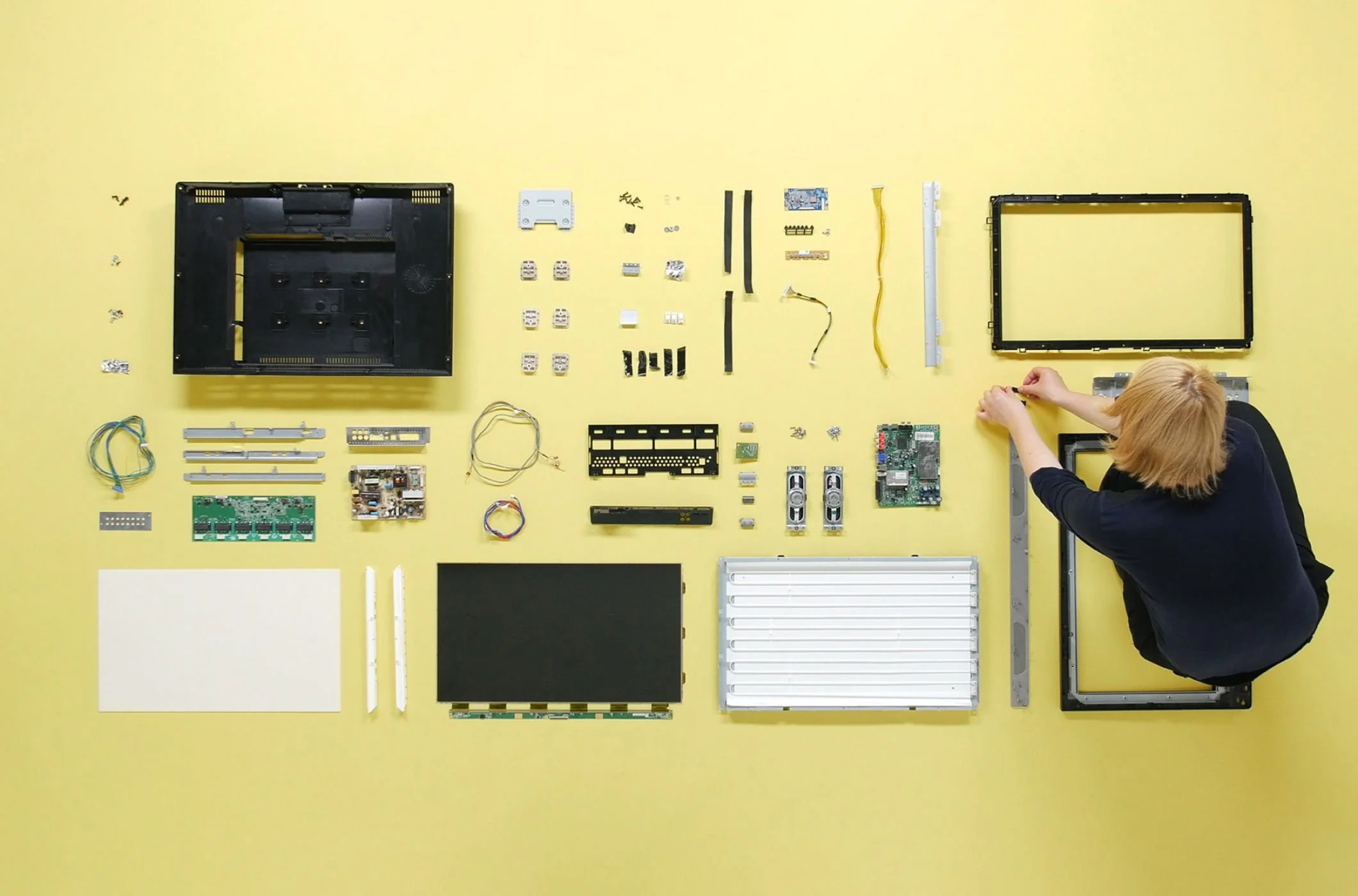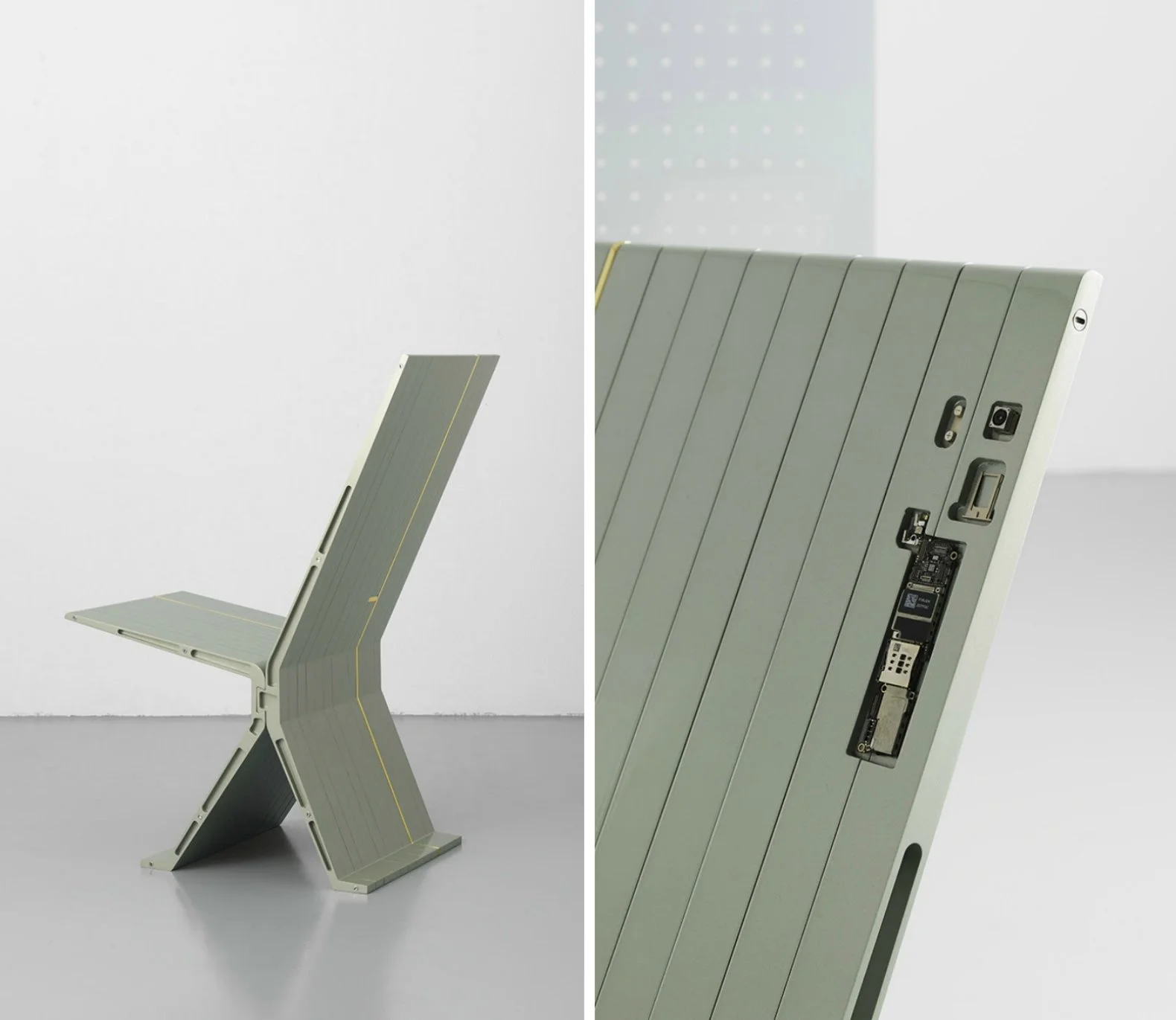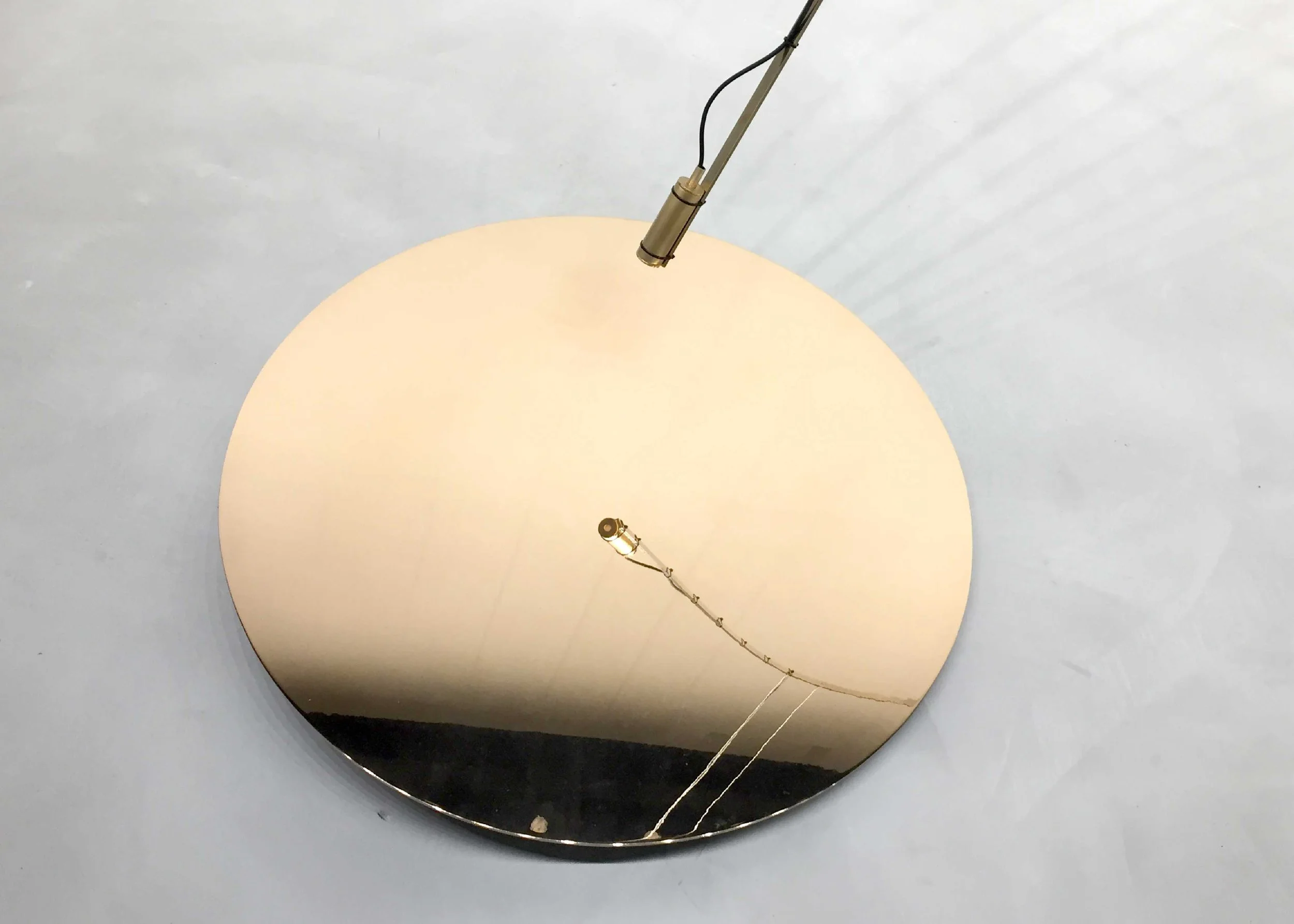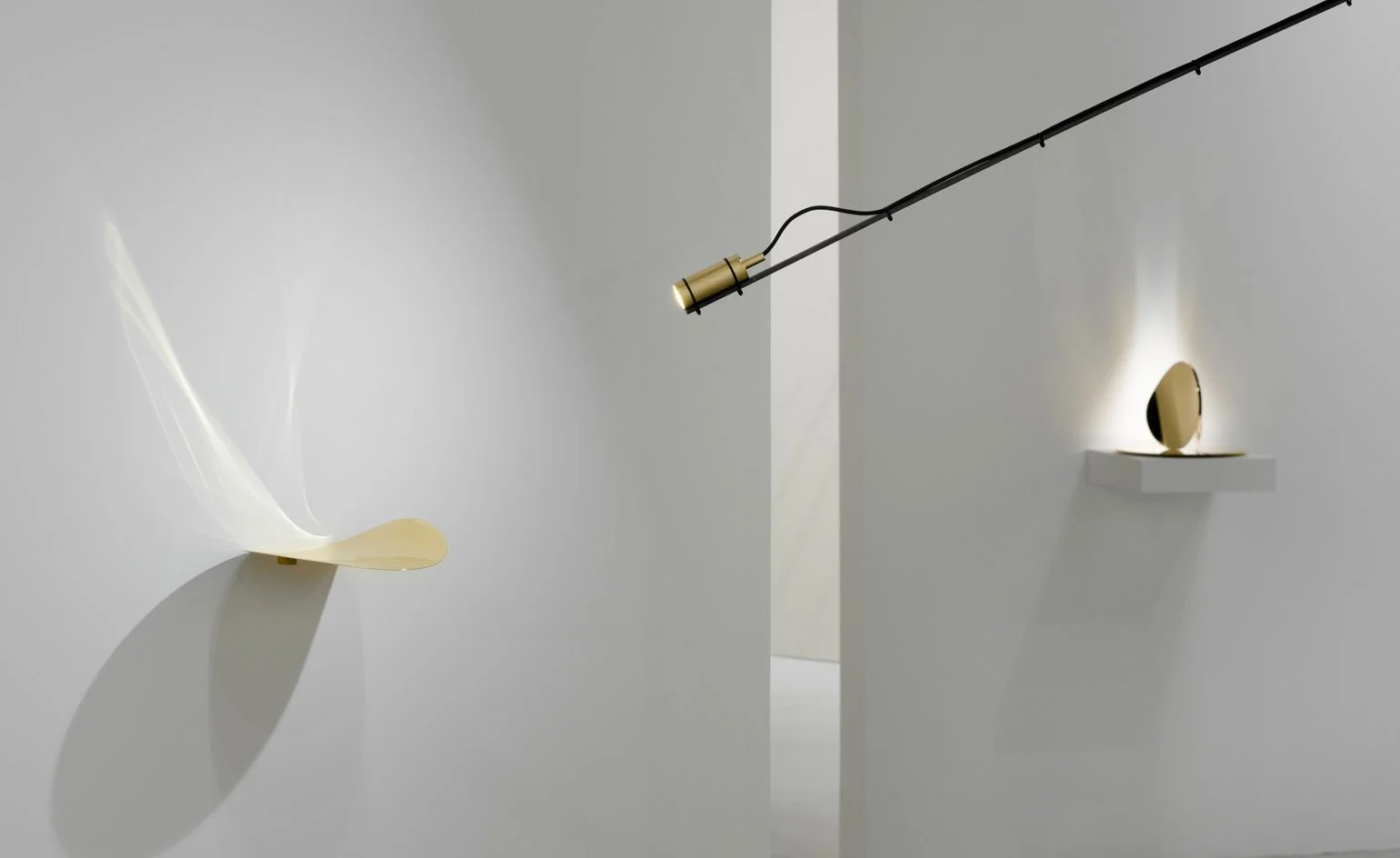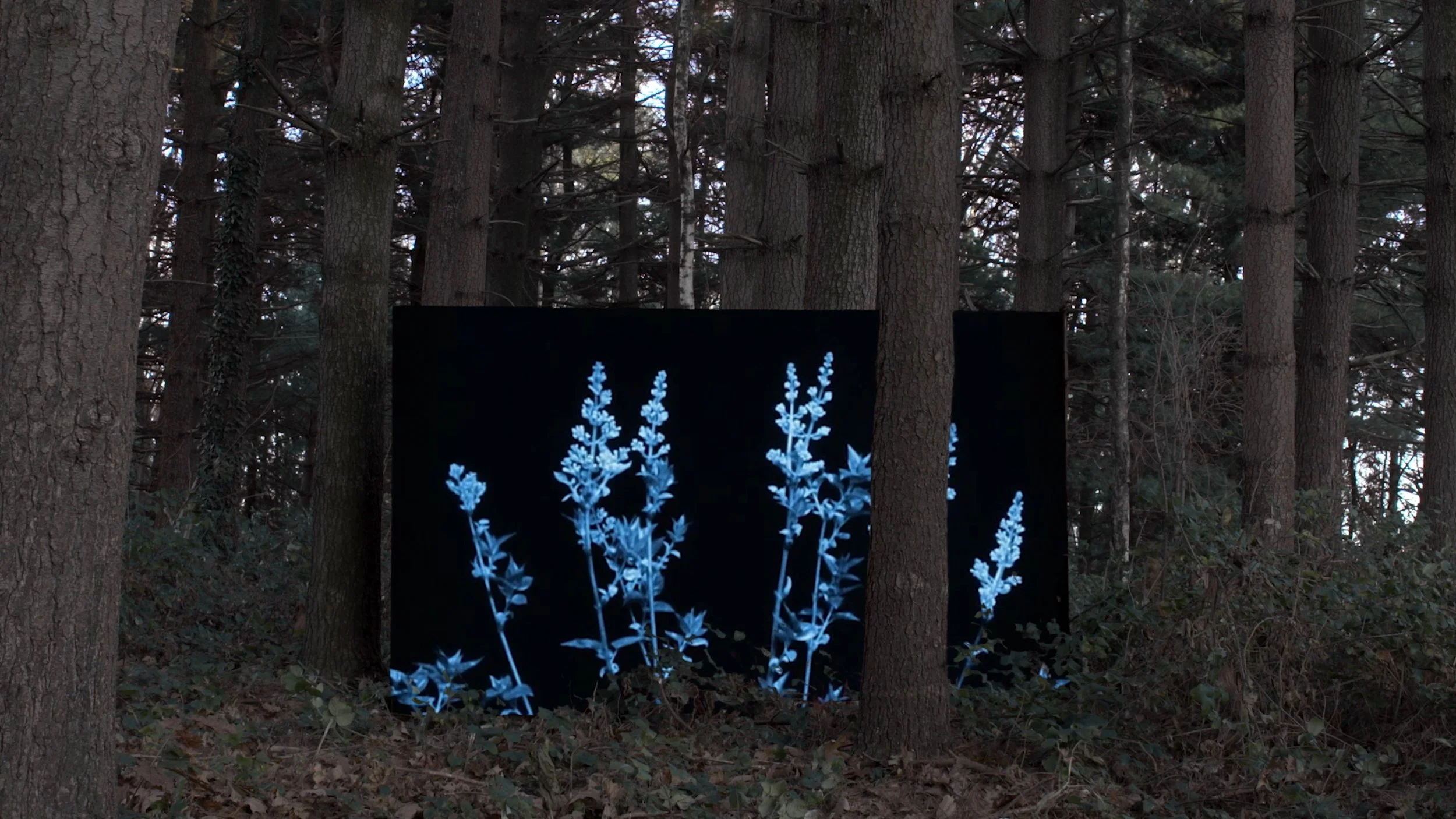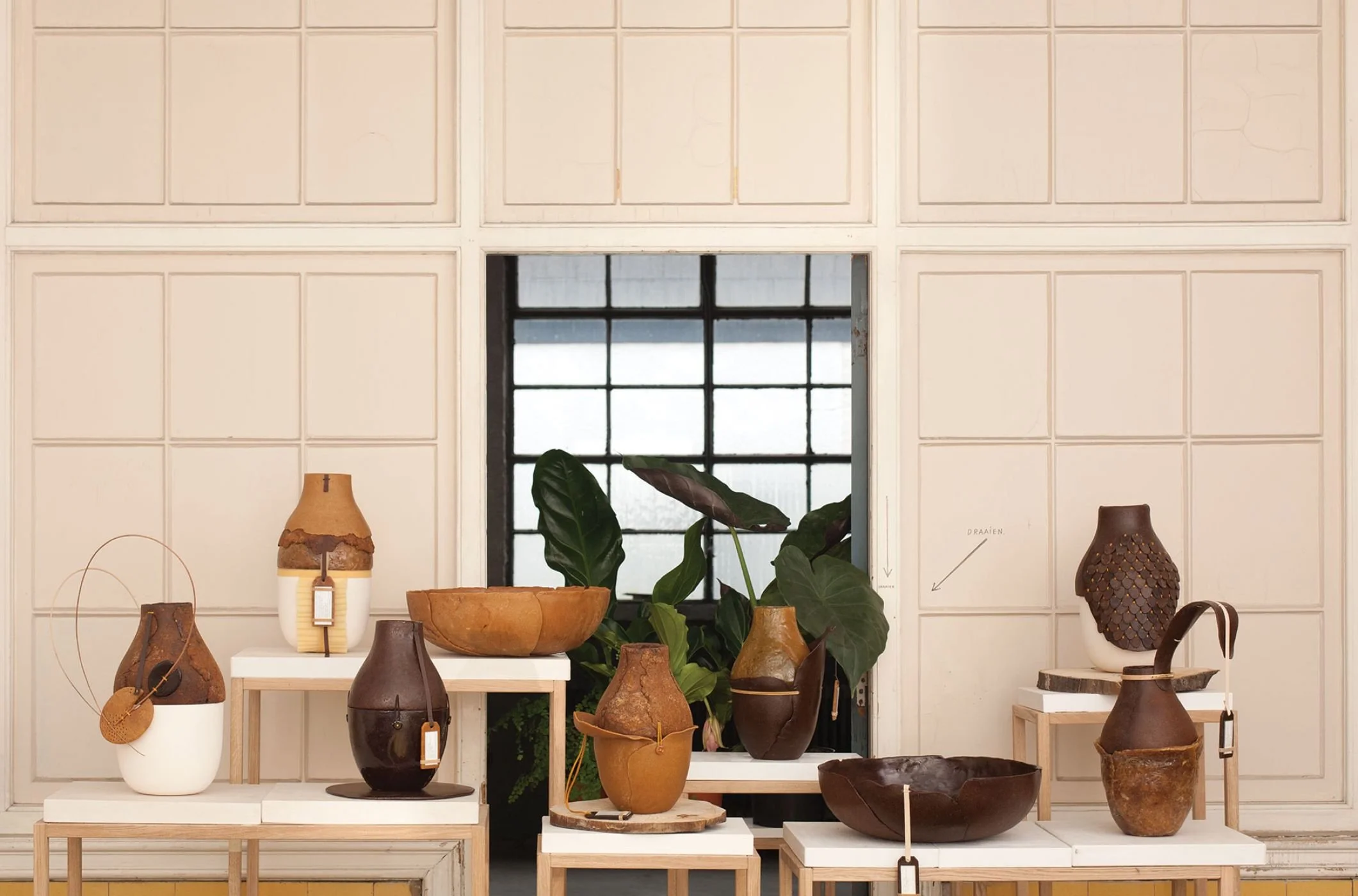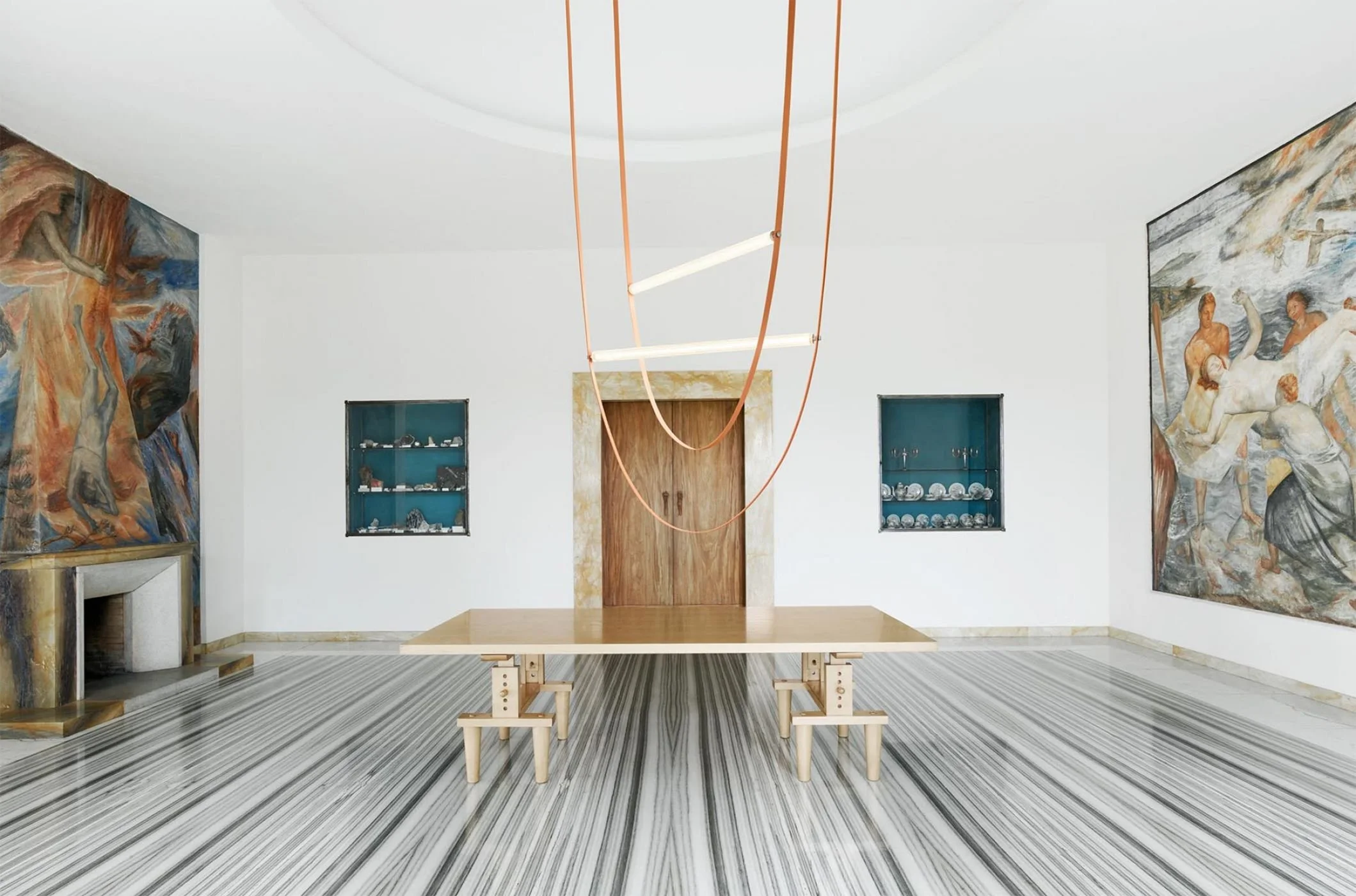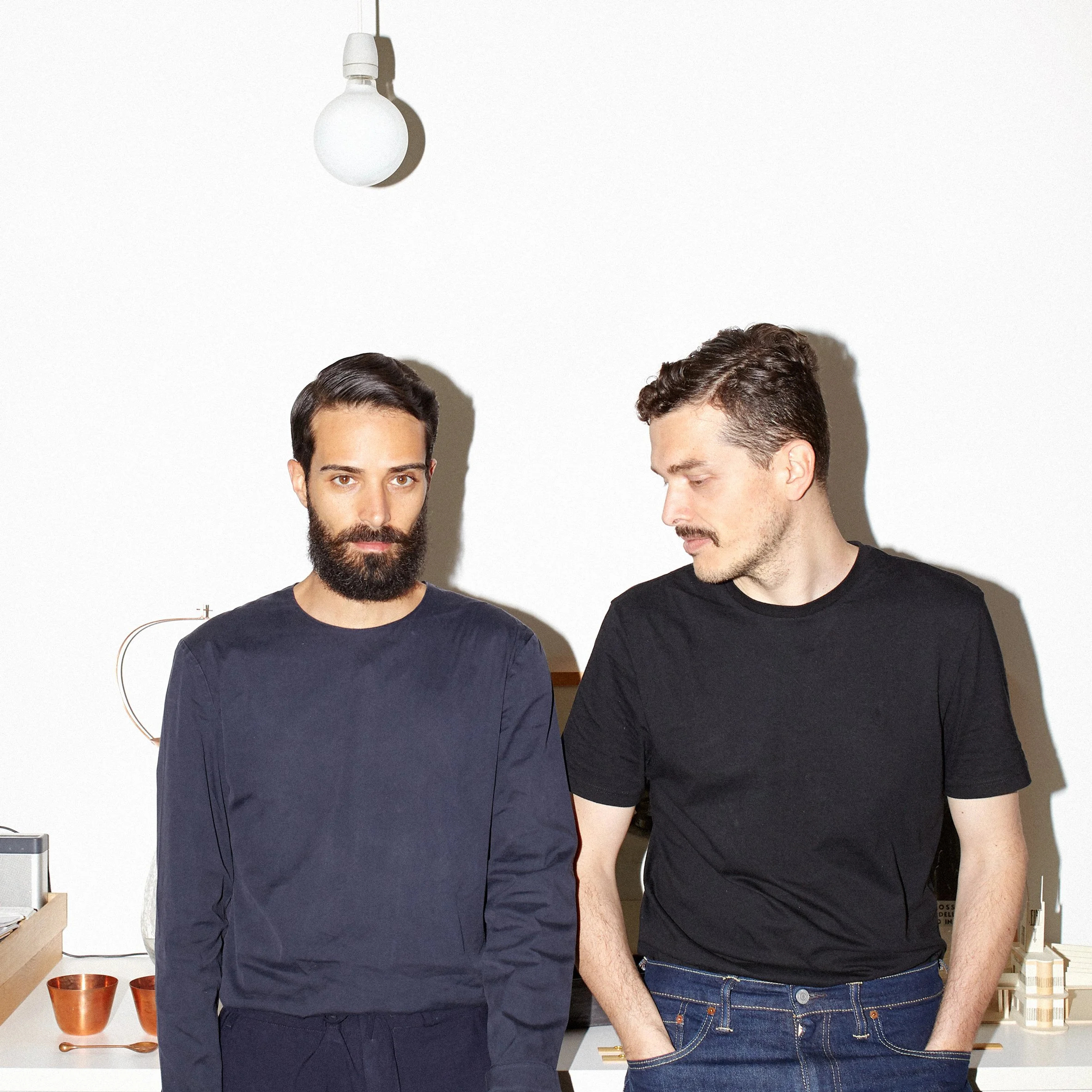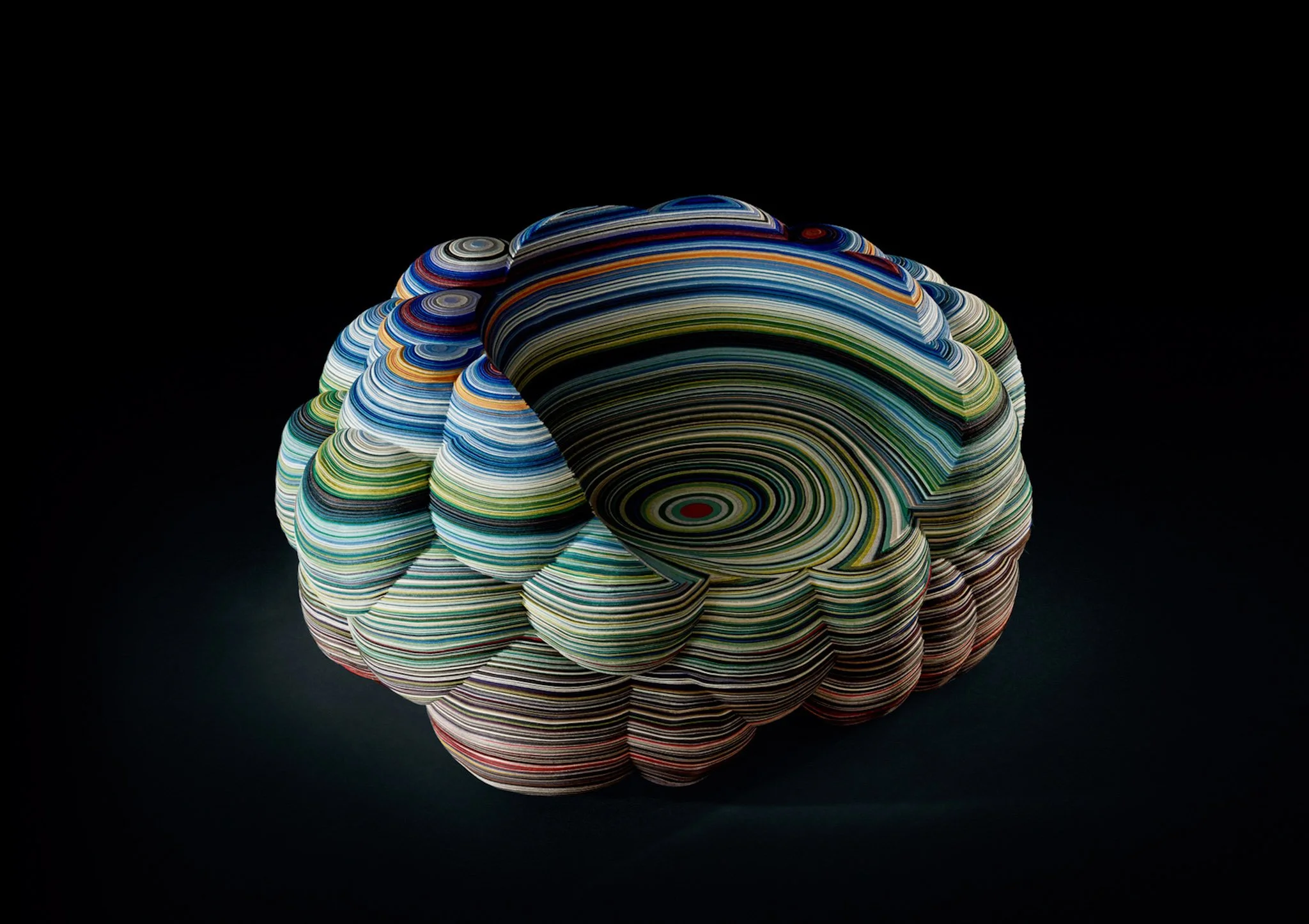 Image 1 of 17
Image 1 of 17

 Image 2 of 17
Image 2 of 17

 Image 3 of 17
Image 3 of 17

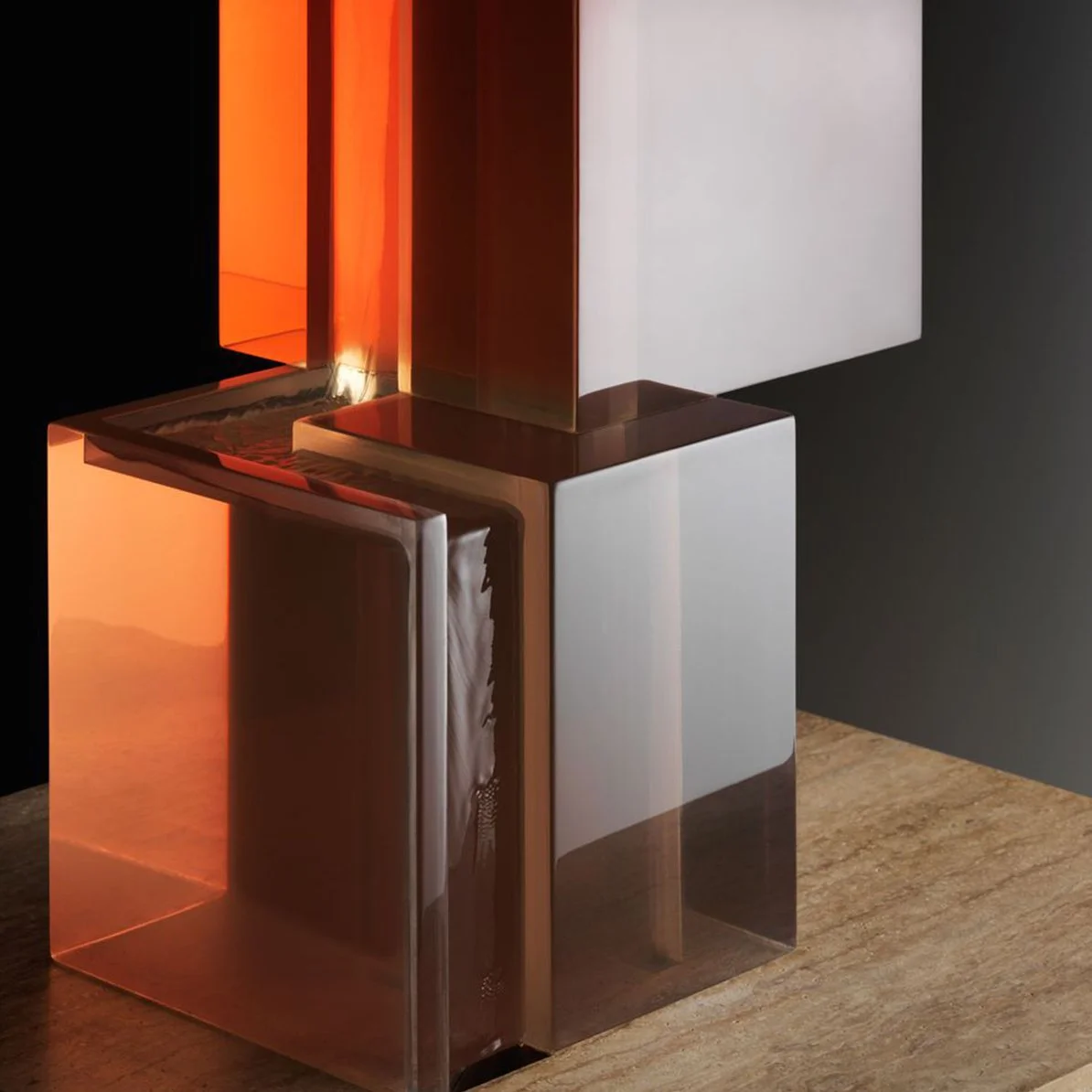 Image 4 of 17
Image 4 of 17

 Image 5 of 17
Image 5 of 17

 Image 6 of 17
Image 6 of 17

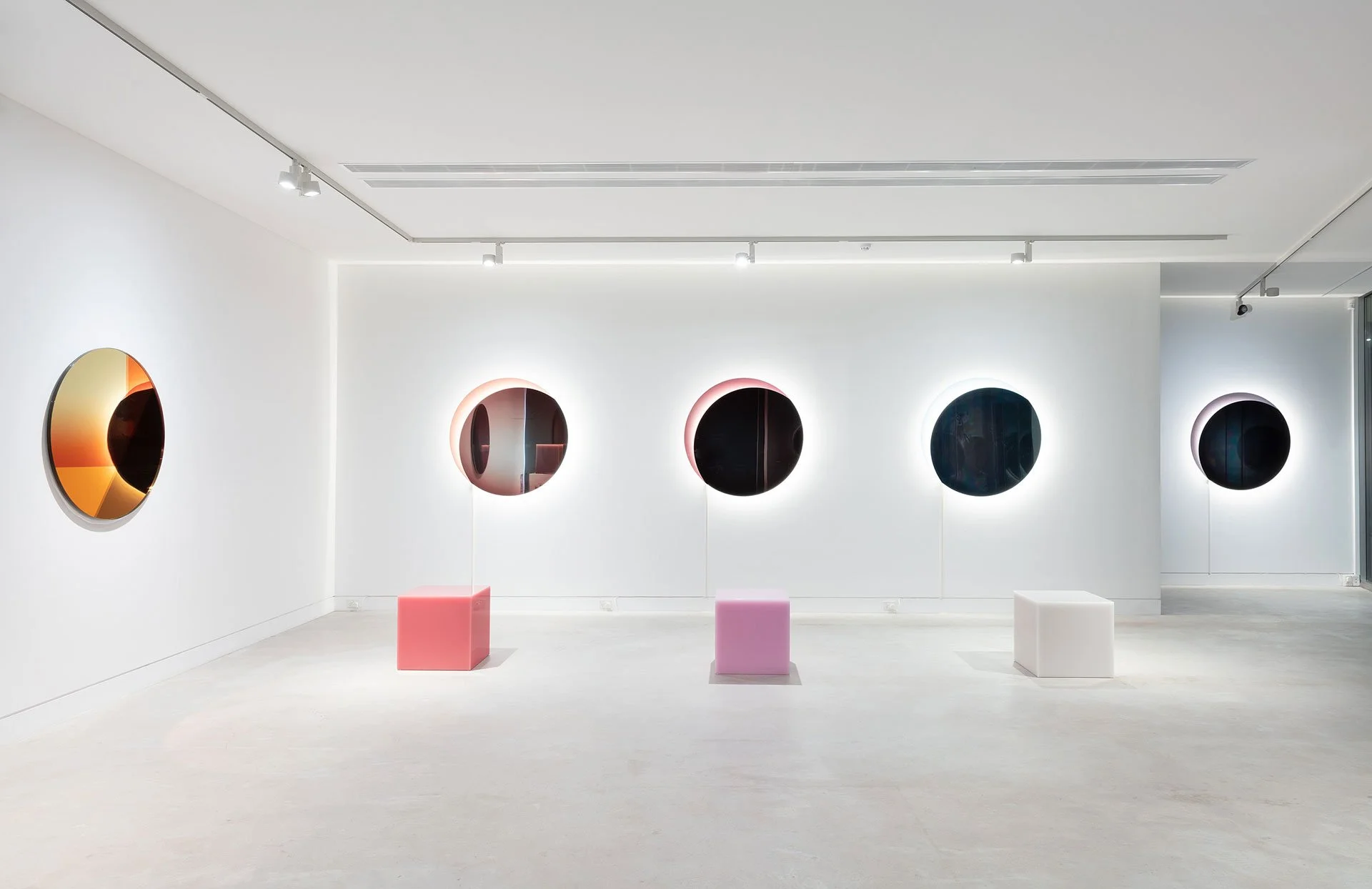 Image 7 of 17
Image 7 of 17

 Image 8 of 17
Image 8 of 17

 Image 9 of 17
Image 9 of 17

 Image 10 of 17
Image 10 of 17

 Image 11 of 17
Image 11 of 17

 Image 12 of 17
Image 12 of 17

 Image 13 of 17
Image 13 of 17

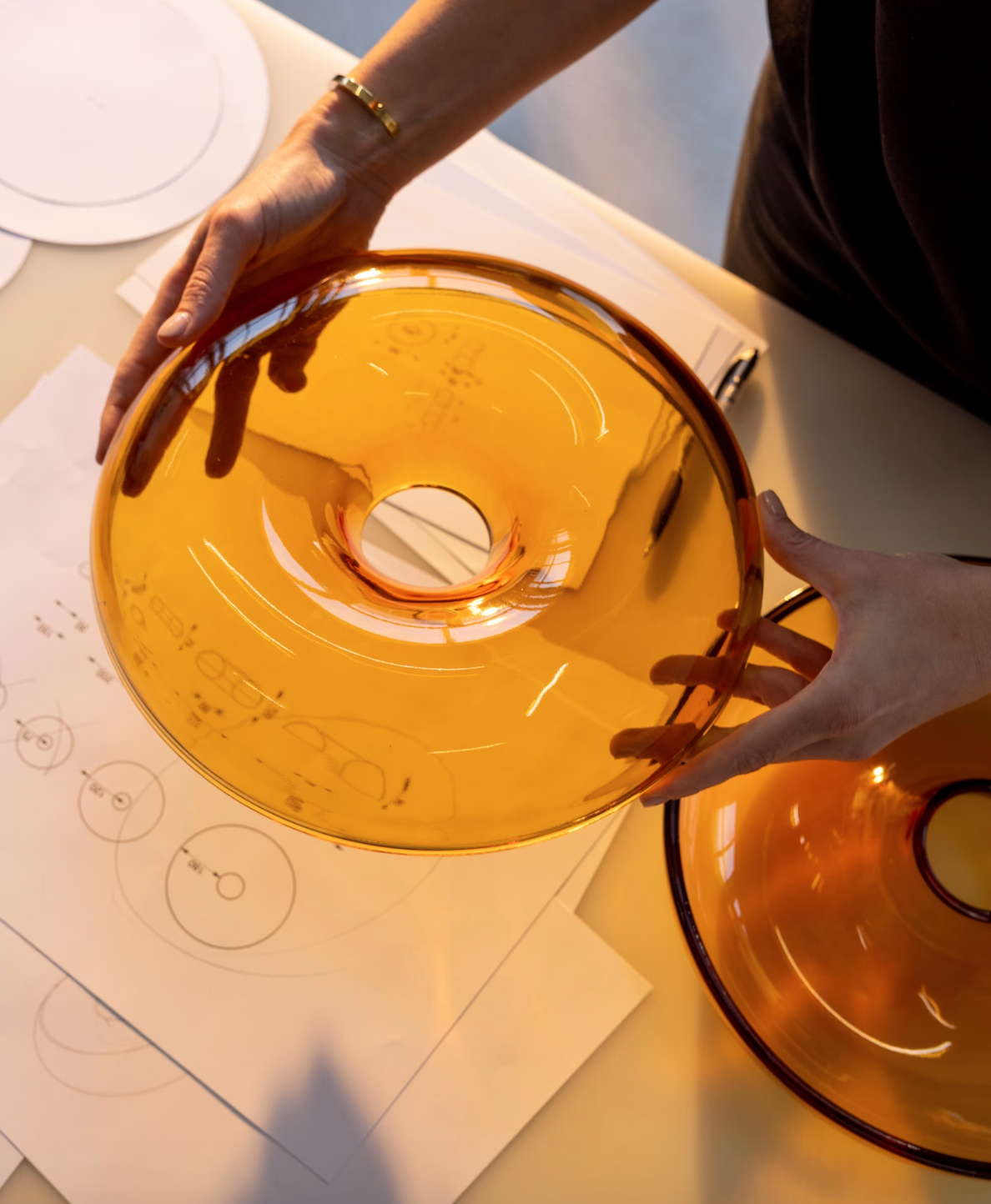 Image 14 of 17
Image 14 of 17

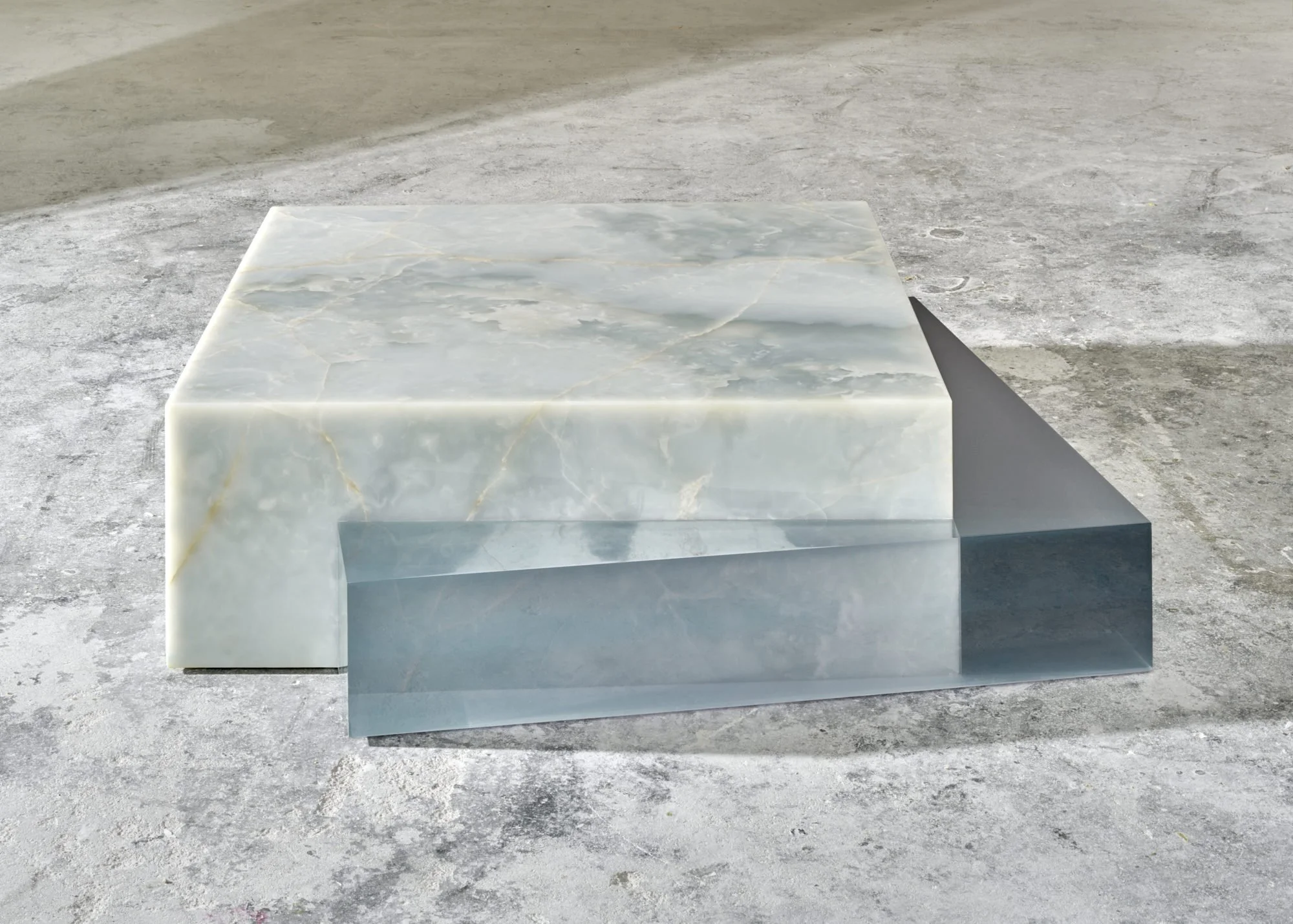 Image 15 of 17
Image 15 of 17

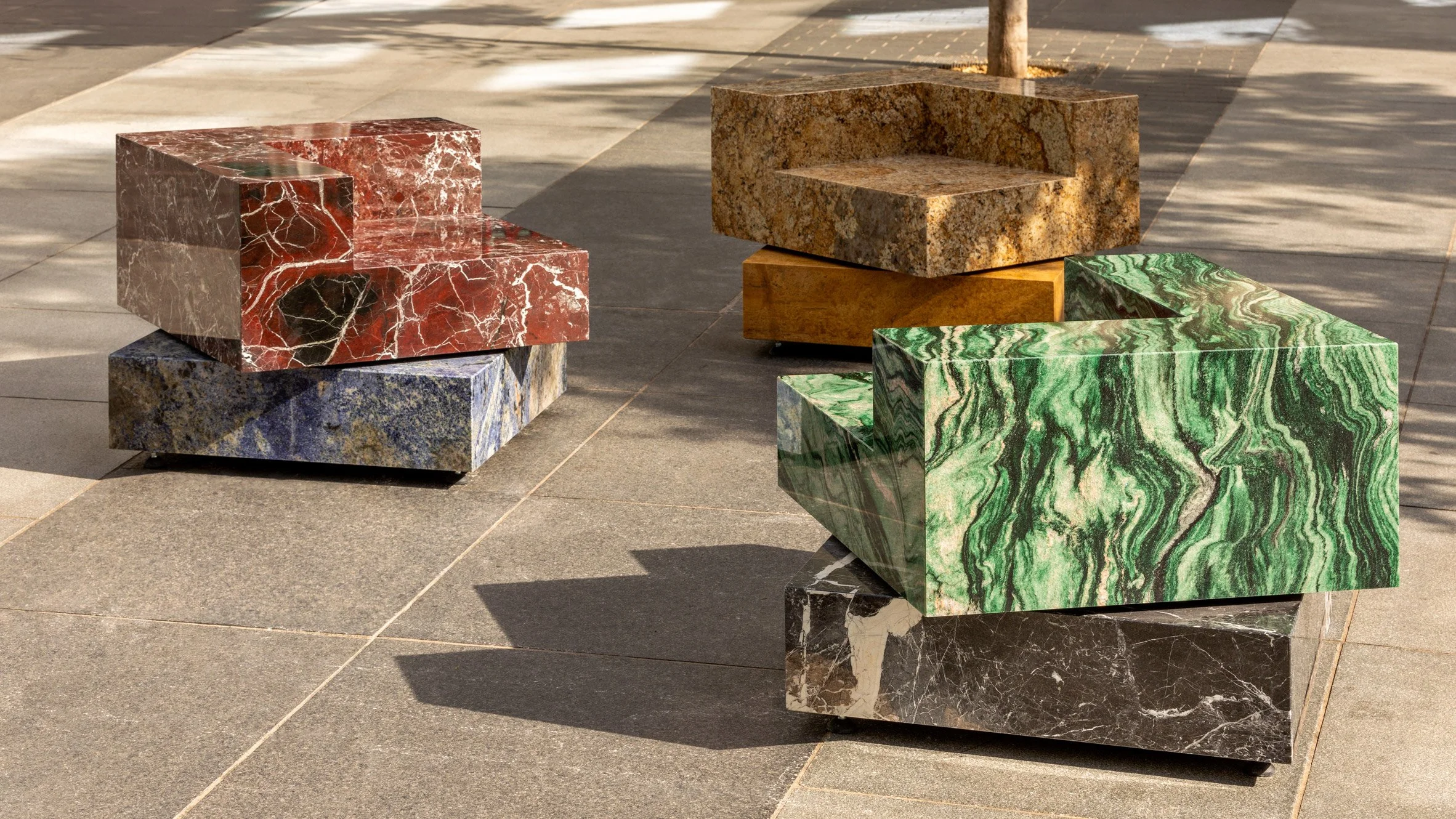 Image 16 of 17
Image 16 of 17

 Image 17 of 17
Image 17 of 17


















Sabine Marcelis explores circularity using light and colour
Studio Sabine Marcelis was established with the mission to explore the interplay between light, colour, and materiality through innovative design. Sabine Marcelis's current mission focuses on integrating sustainability and circular economy principles into her projects, creating products and installations that are both aesthetically striking and environmentally responsible. Core values include innovation, sustainability, and material experimentation, with a purpose to redefine the relationship between design, materials, and the environment.
Location
Headquarters: Rotterdam, Netherlands.
Primary manufacturing/operations locations: Various locations based on project requirements and collaborations.
The Circular Vision
Core circular economy principles: Designing out waste, using recycled and sustainable materials, and creating products that promote environmental awareness and sustainable practices.
Key innovations: Development of projects like "Candy Cubes" made from sugar and "Voie Lights" made from colored glass. Collaborations with brands like IKEA for the VARMBLIXT collection, which includes sustainable lighting fixtures.
Prioritization of local sourcing and closed-loop supply chains: Emphasis on using locally sourced materials and sustainable production methods to minimize environmental impact and support local economies.
Pioneering Solutions
Flagship projects: "Candy Cubes" (sustainable design using sugar), "Voie Lights" (colored glass lighting), "Aura Lights" (bioplastic lights made from agricultural byproducts), and collaborations with brands like IKEA and Audi.
Unique value propositions: High-quality, innovative design solutions that prioritize circularity, material reuse, and environmental responsibility. Sabine Marcelis's work is known for its ability to create immersive, sensorial experiences that connect with diverse audiences while promoting sustainability.
The Regenerative Future
R&D focus areas: Advancing sustainable material development techniques, exploring new applications for recycled and bio-based materials, and developing solutions that further reduce waste and energy consumption in design and production processes.
Ambitious goals: To lead the design industry in sustainable practices, create zero-waste products, and inspire a shift towards a regenerative approach to design and material usage.
Fact Sheet
Commercial Availability: Design services and products available through collaborations, exhibitions, and partnerships with brands and institutions.
Circularity Rating: 5/5 (Strong focus on integrating circular economy principles in design and production).
Cost Rating: 4/5 (Competitive with high-end design services, with significant value in sustainability and innovation).
Material Passport: Detailed material traceability and use of recycled and sustainable materials in many projects.
Designed for Disassembly: Yes, many products are designed with consideration for future adaptability and material reuse.
Carbon Performance: Focus on reducing carbon footprint through the use of sustainable materials and local production. Committed to minimizing environmental impact through efficient design and manufacturing processes.
Key Takeaway
Studio Sabine Marcelis transforms the design industry through innovative, sustainable solutions that prioritize circular economy principles, setting a benchmark for environmental responsibility and material innovation in contemporary design.
Explore Further
Studio Sabine Marcelis website: https://www.sabinemarcelis.com
Studio Sabine Marcelis was established with the mission to explore the interplay between light, colour, and materiality through innovative design. Sabine Marcelis's current mission focuses on integrating sustainability and circular economy principles into her projects, creating products and installations that are both aesthetically striking and environmentally responsible. Core values include innovation, sustainability, and material experimentation, with a purpose to redefine the relationship between design, materials, and the environment.
Location
Headquarters: Rotterdam, Netherlands.
Primary manufacturing/operations locations: Various locations based on project requirements and collaborations.
The Circular Vision
Core circular economy principles: Designing out waste, using recycled and sustainable materials, and creating products that promote environmental awareness and sustainable practices.
Key innovations: Development of projects like "Candy Cubes" made from sugar and "Voie Lights" made from colored glass. Collaborations with brands like IKEA for the VARMBLIXT collection, which includes sustainable lighting fixtures.
Prioritization of local sourcing and closed-loop supply chains: Emphasis on using locally sourced materials and sustainable production methods to minimize environmental impact and support local economies.
Pioneering Solutions
Flagship projects: "Candy Cubes" (sustainable design using sugar), "Voie Lights" (colored glass lighting), "Aura Lights" (bioplastic lights made from agricultural byproducts), and collaborations with brands like IKEA and Audi.
Unique value propositions: High-quality, innovative design solutions that prioritize circularity, material reuse, and environmental responsibility. Sabine Marcelis's work is known for its ability to create immersive, sensorial experiences that connect with diverse audiences while promoting sustainability.
The Regenerative Future
R&D focus areas: Advancing sustainable material development techniques, exploring new applications for recycled and bio-based materials, and developing solutions that further reduce waste and energy consumption in design and production processes.
Ambitious goals: To lead the design industry in sustainable practices, create zero-waste products, and inspire a shift towards a regenerative approach to design and material usage.
Fact Sheet
Commercial Availability: Design services and products available through collaborations, exhibitions, and partnerships with brands and institutions.
Circularity Rating: 5/5 (Strong focus on integrating circular economy principles in design and production).
Cost Rating: 4/5 (Competitive with high-end design services, with significant value in sustainability and innovation).
Material Passport: Detailed material traceability and use of recycled and sustainable materials in many projects.
Designed for Disassembly: Yes, many products are designed with consideration for future adaptability and material reuse.
Carbon Performance: Focus on reducing carbon footprint through the use of sustainable materials and local production. Committed to minimizing environmental impact through efficient design and manufacturing processes.
Key Takeaway
Studio Sabine Marcelis transforms the design industry through innovative, sustainable solutions that prioritize circular economy principles, setting a benchmark for environmental responsibility and material innovation in contemporary design.
Explore Further
Studio Sabine Marcelis website: https://www.sabinemarcelis.com

